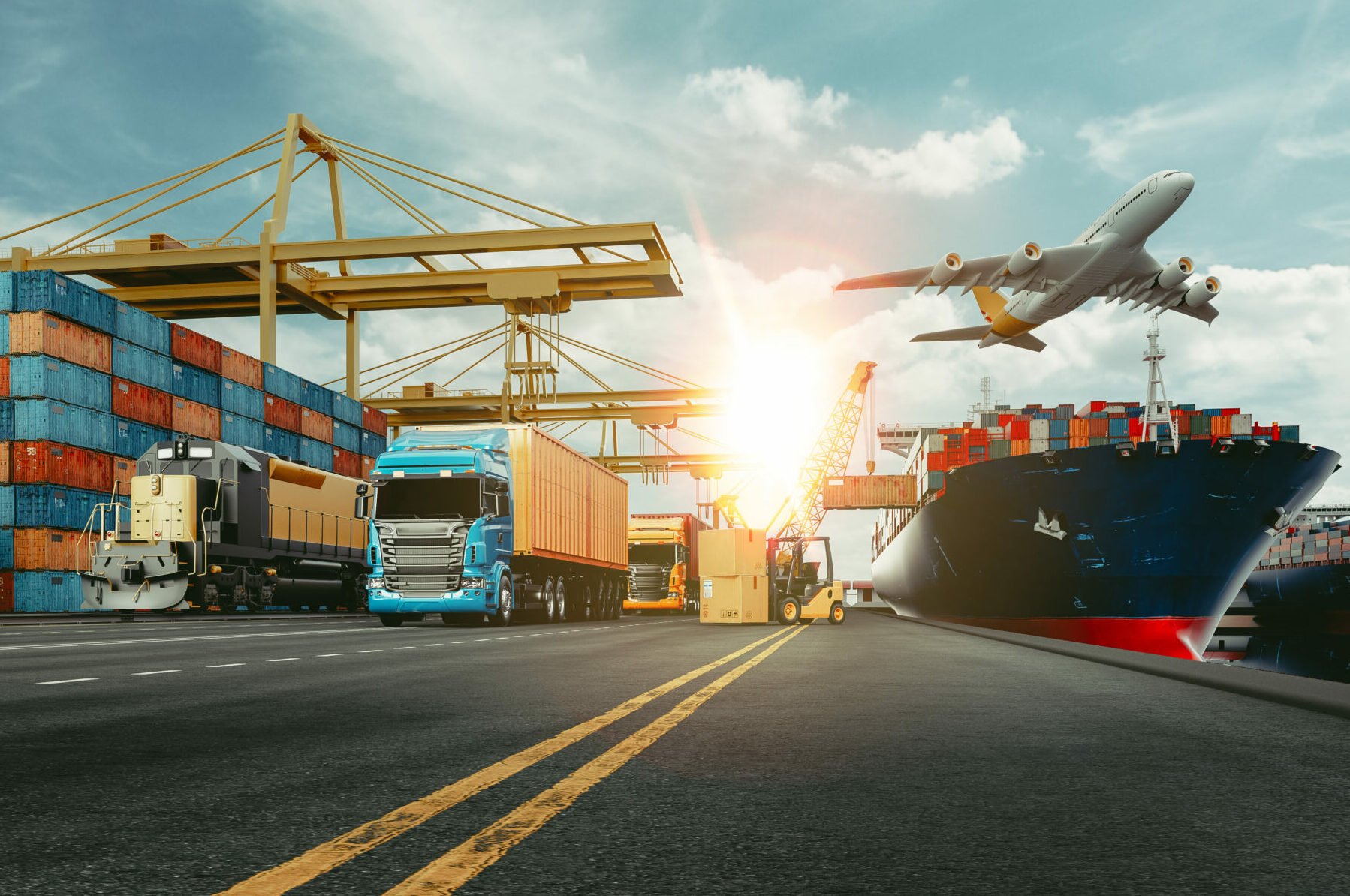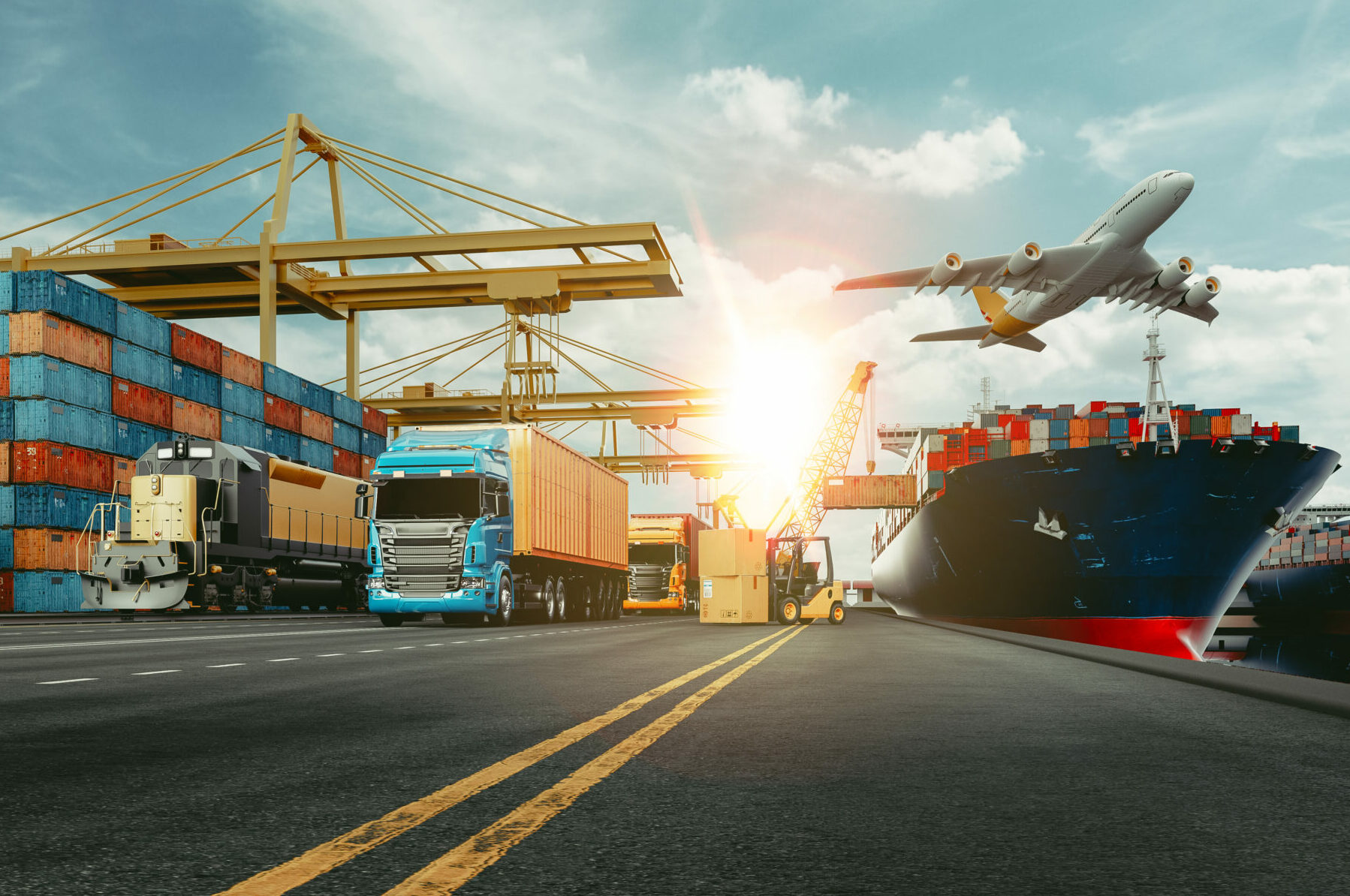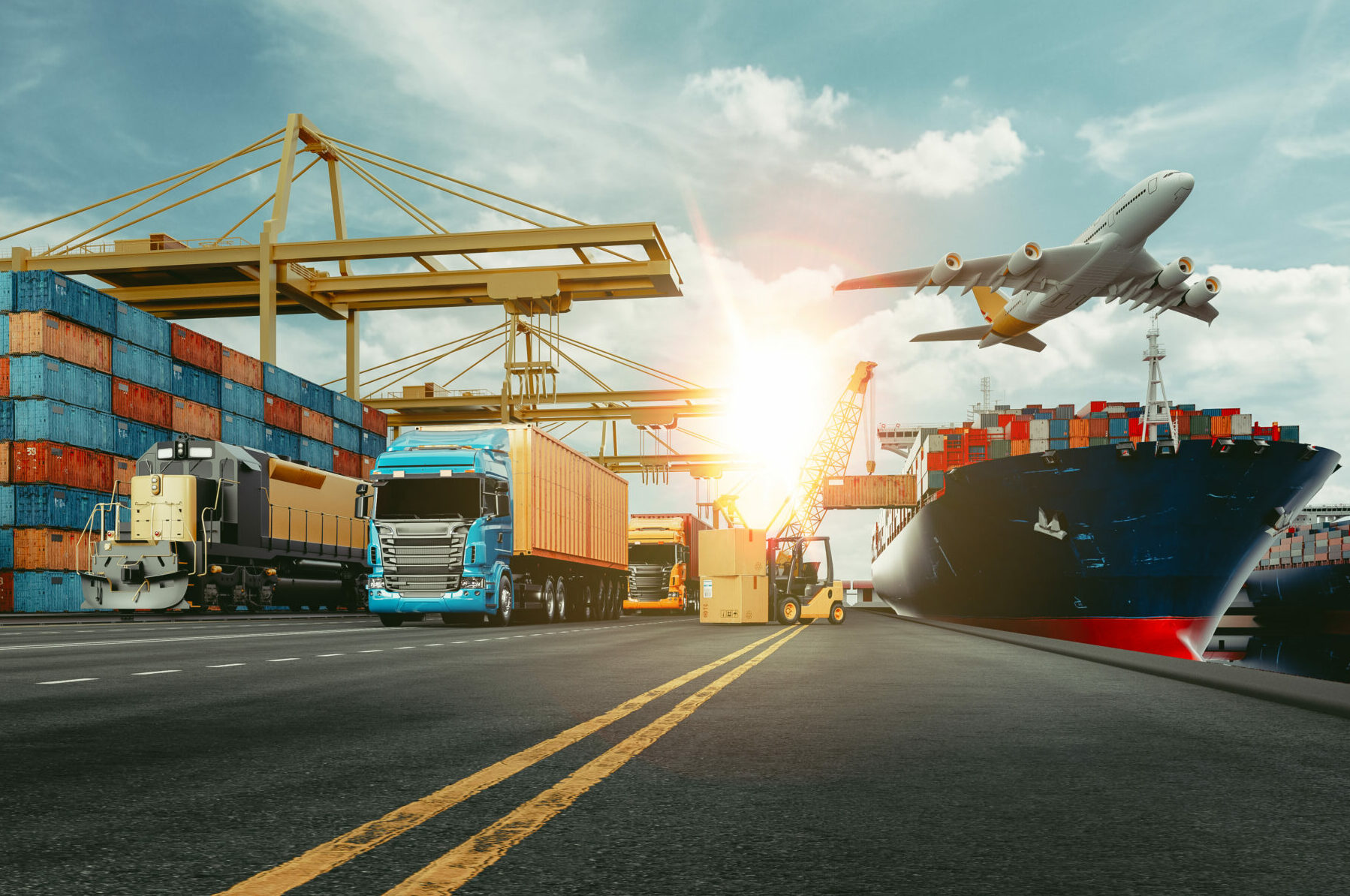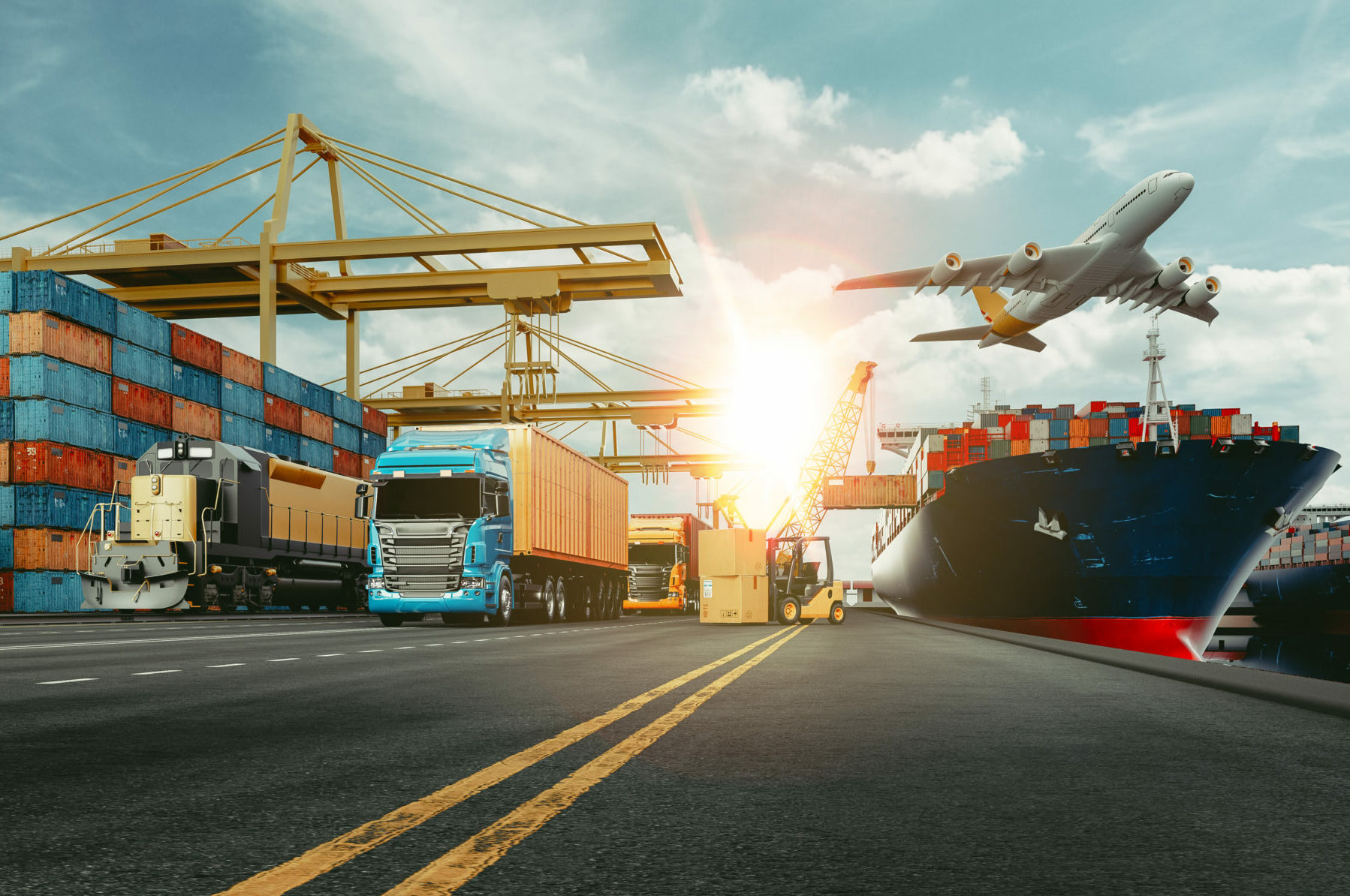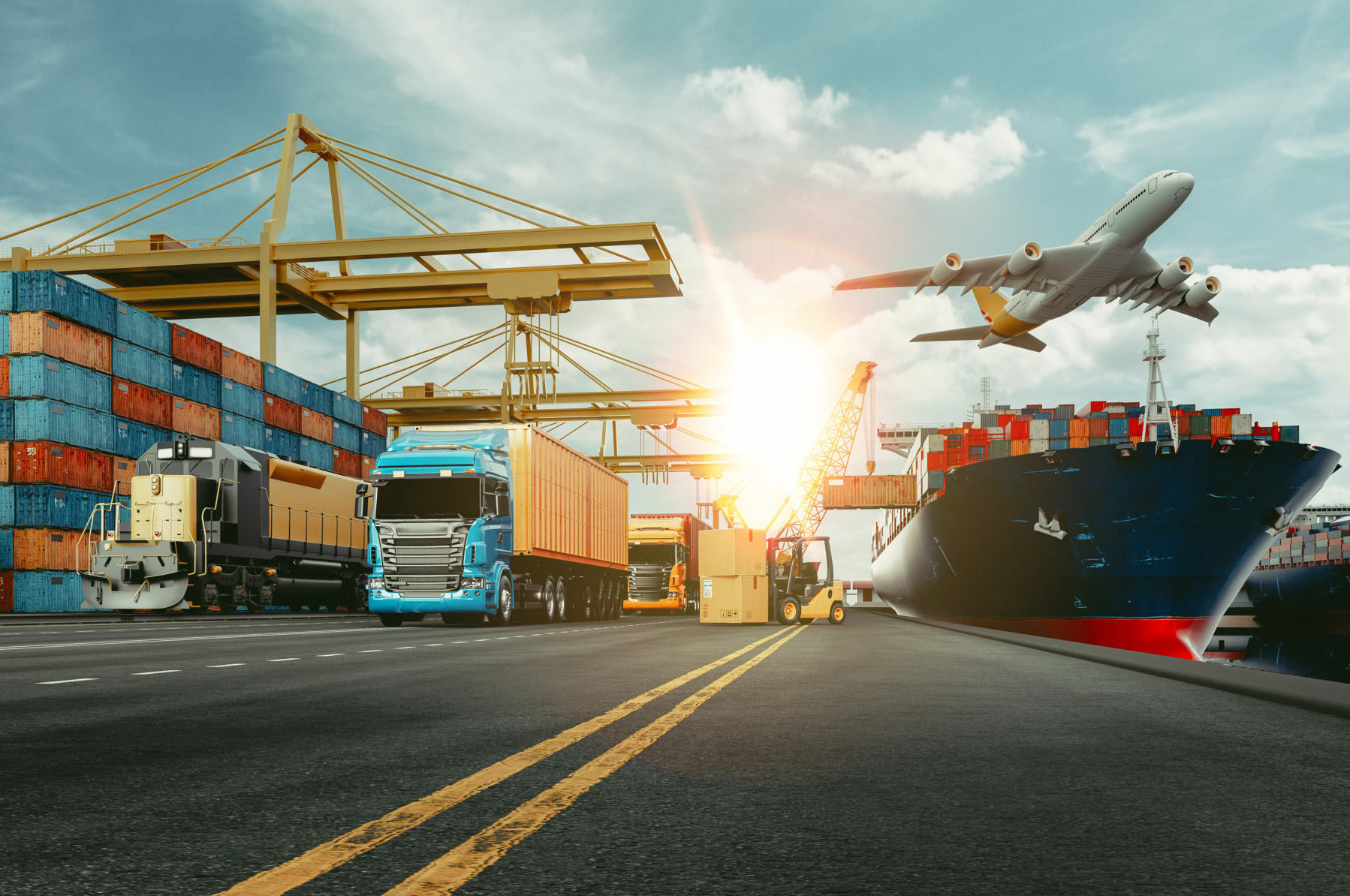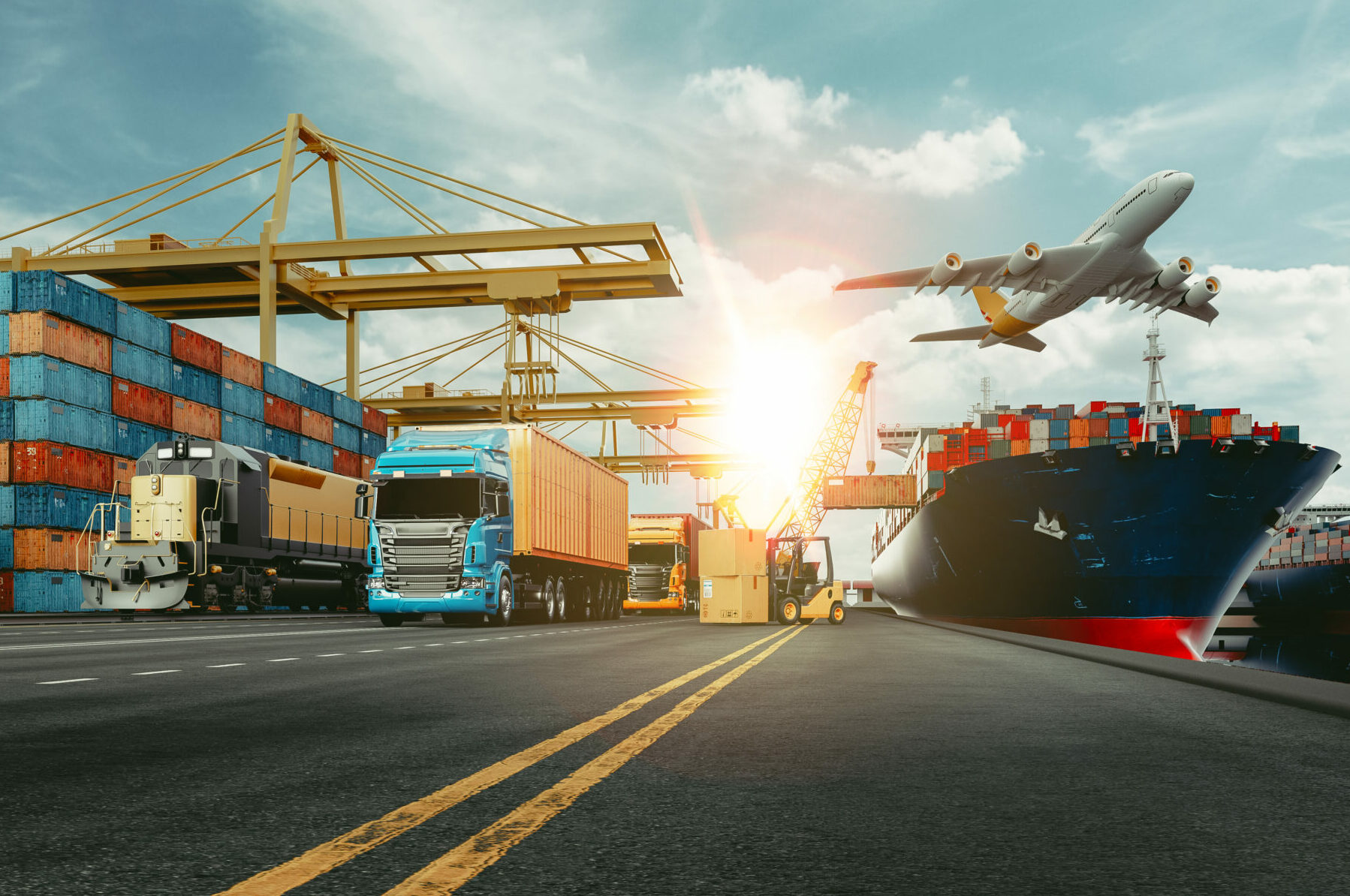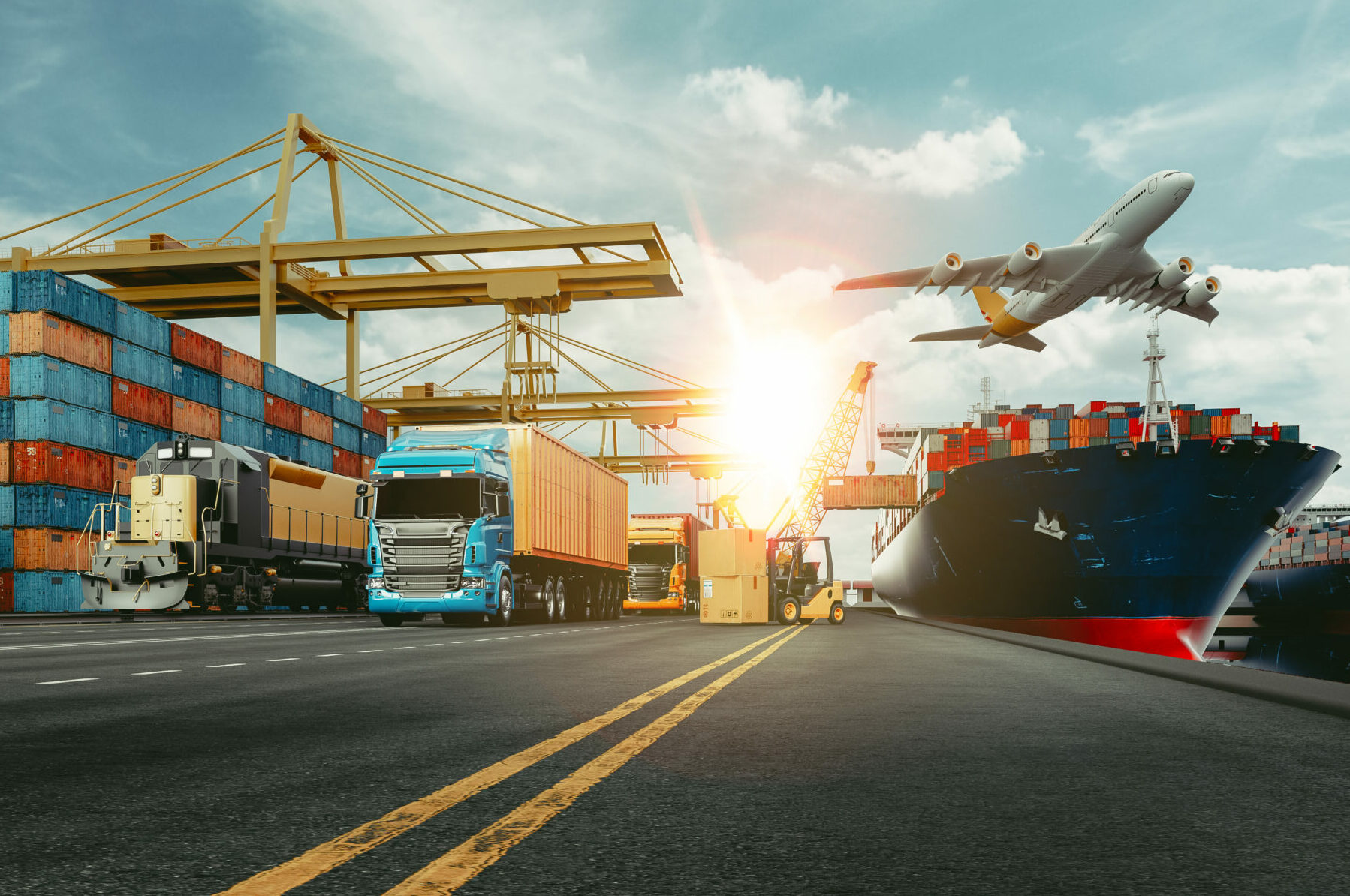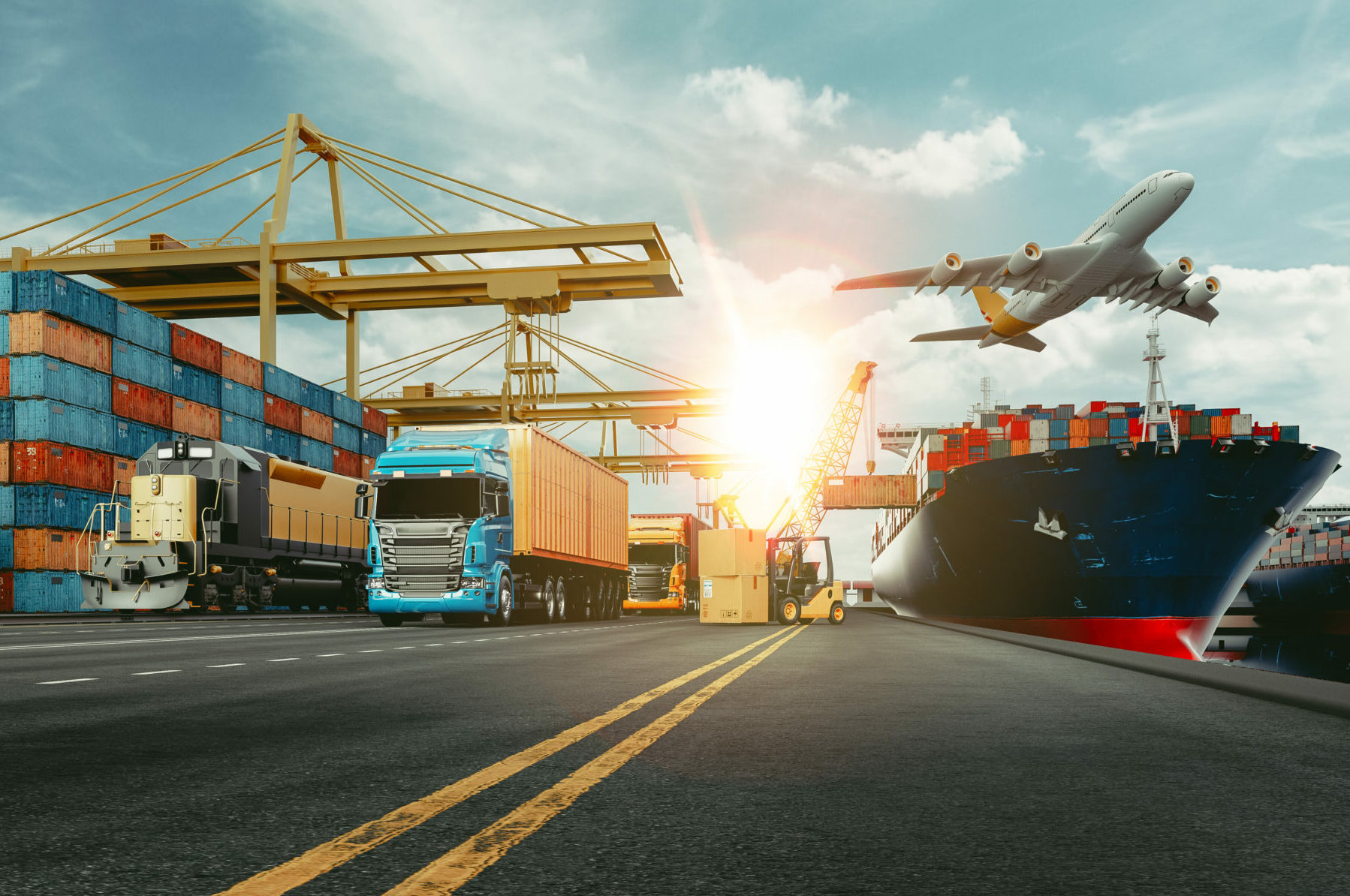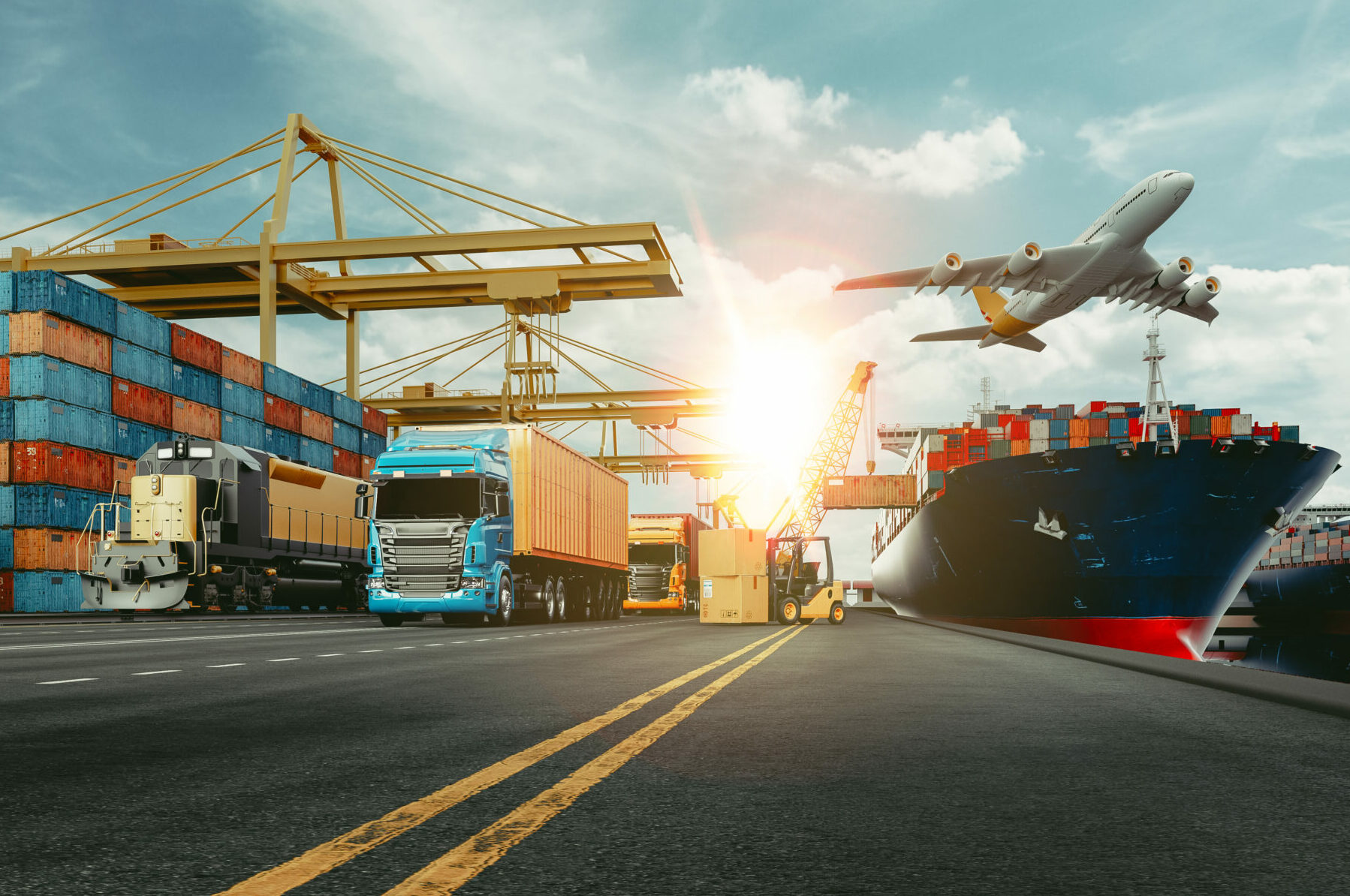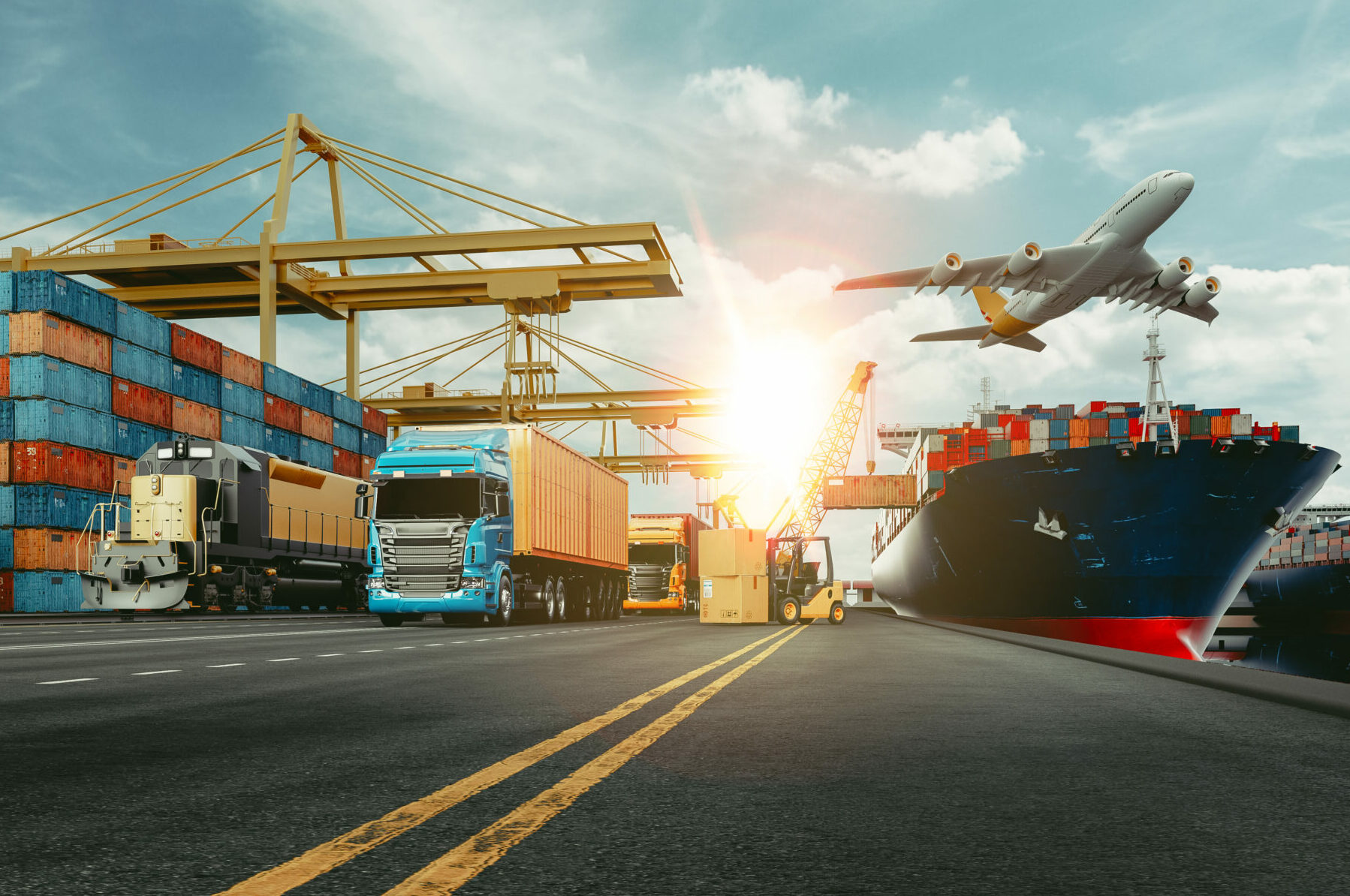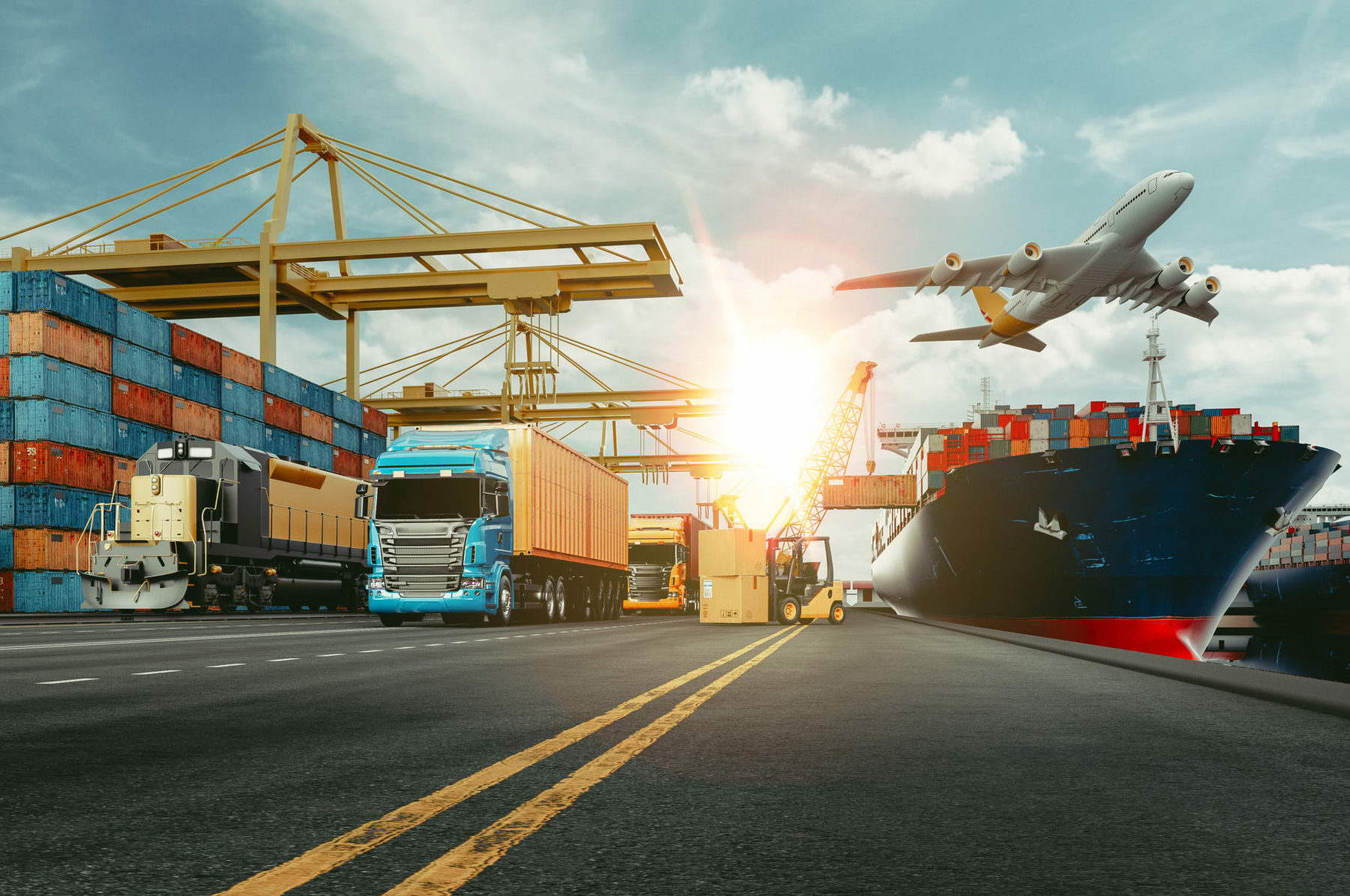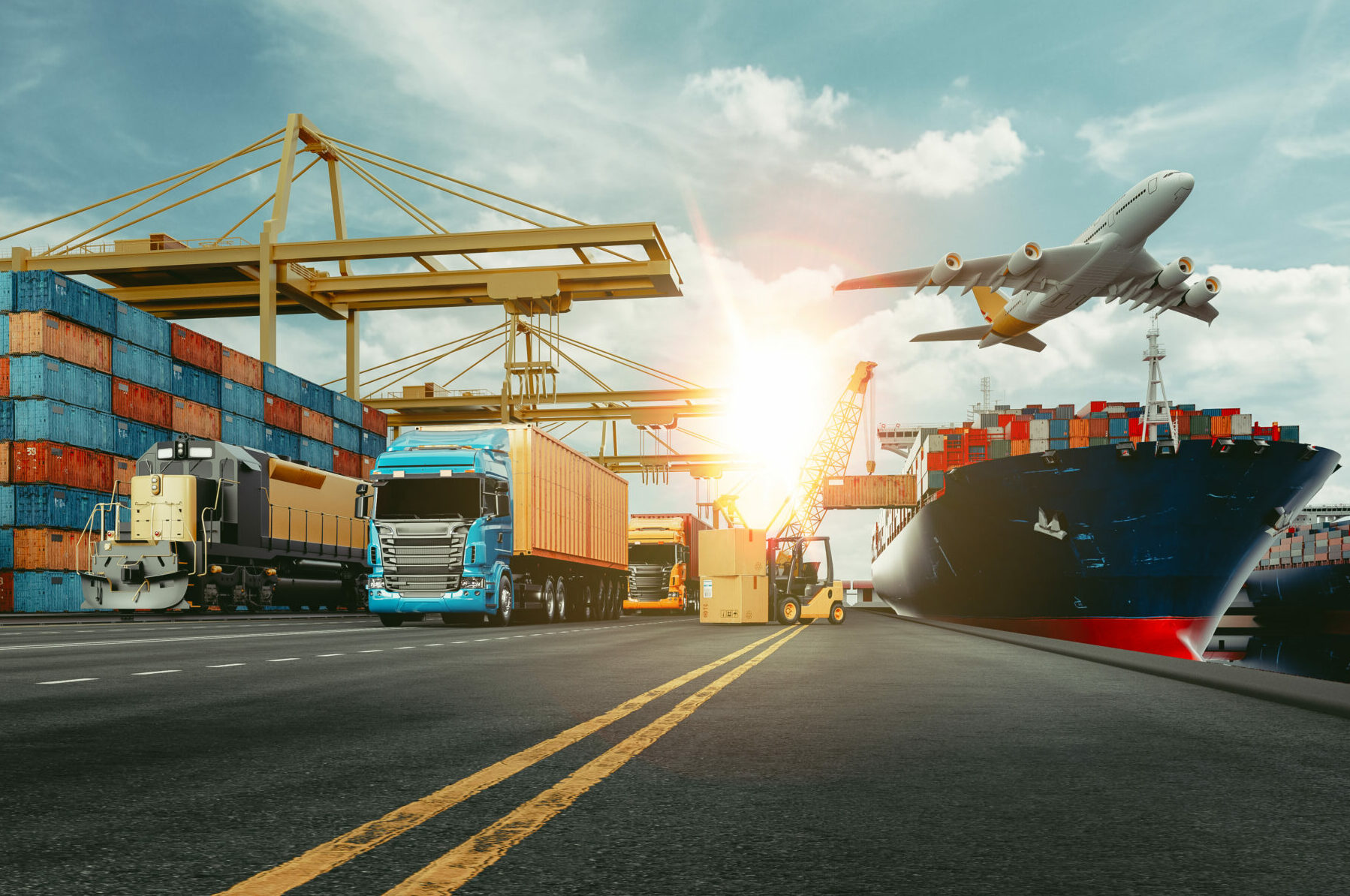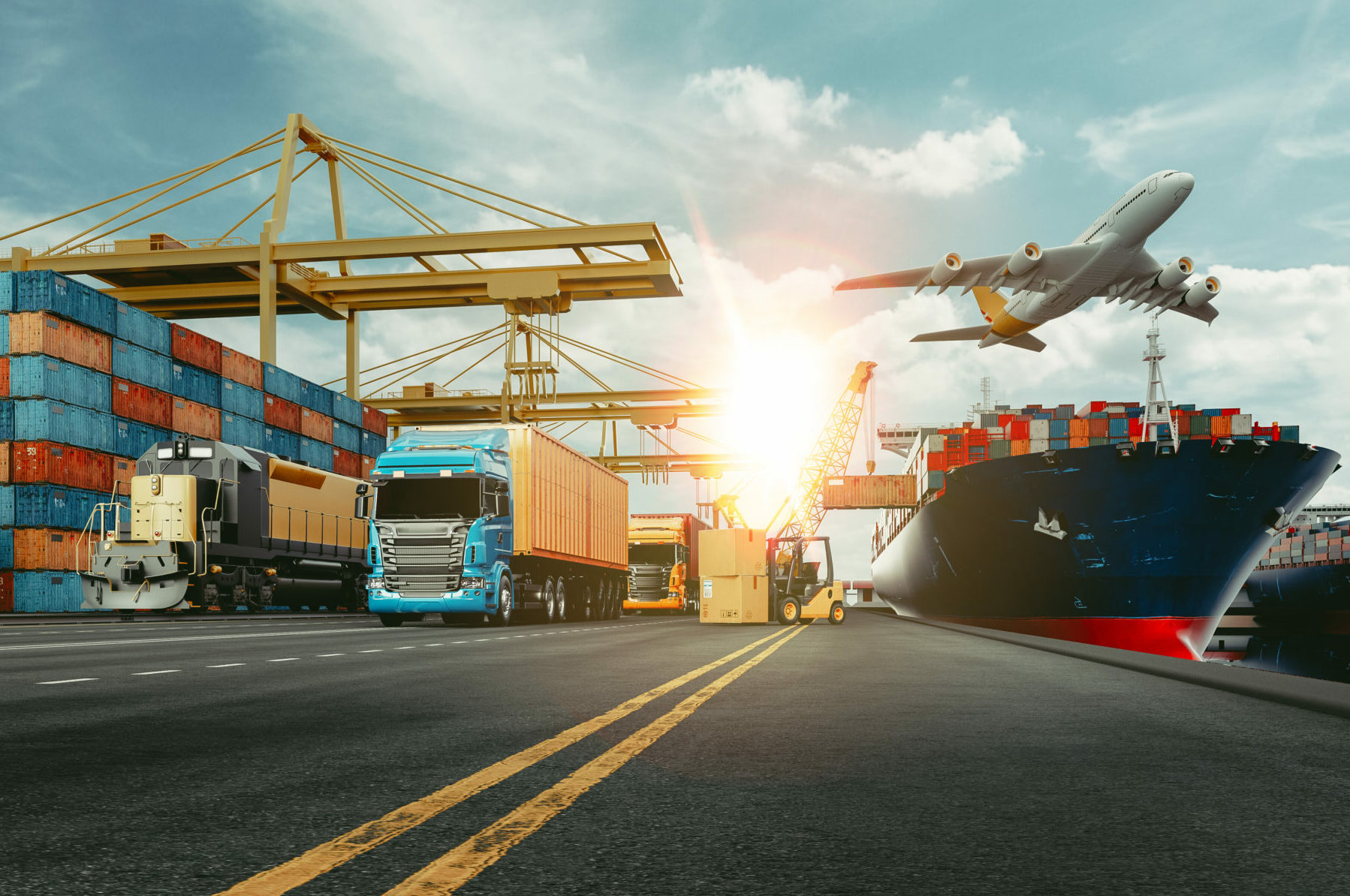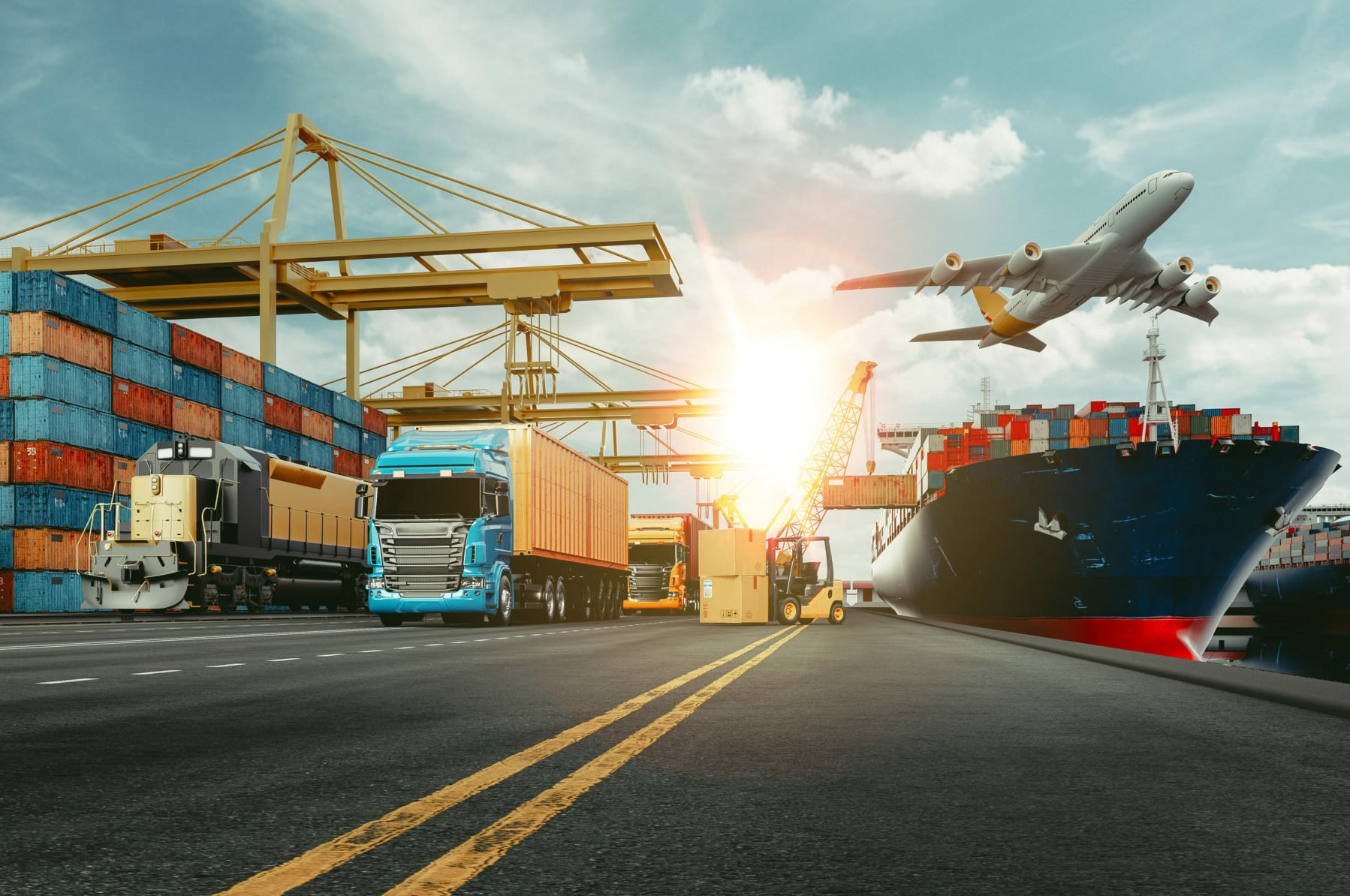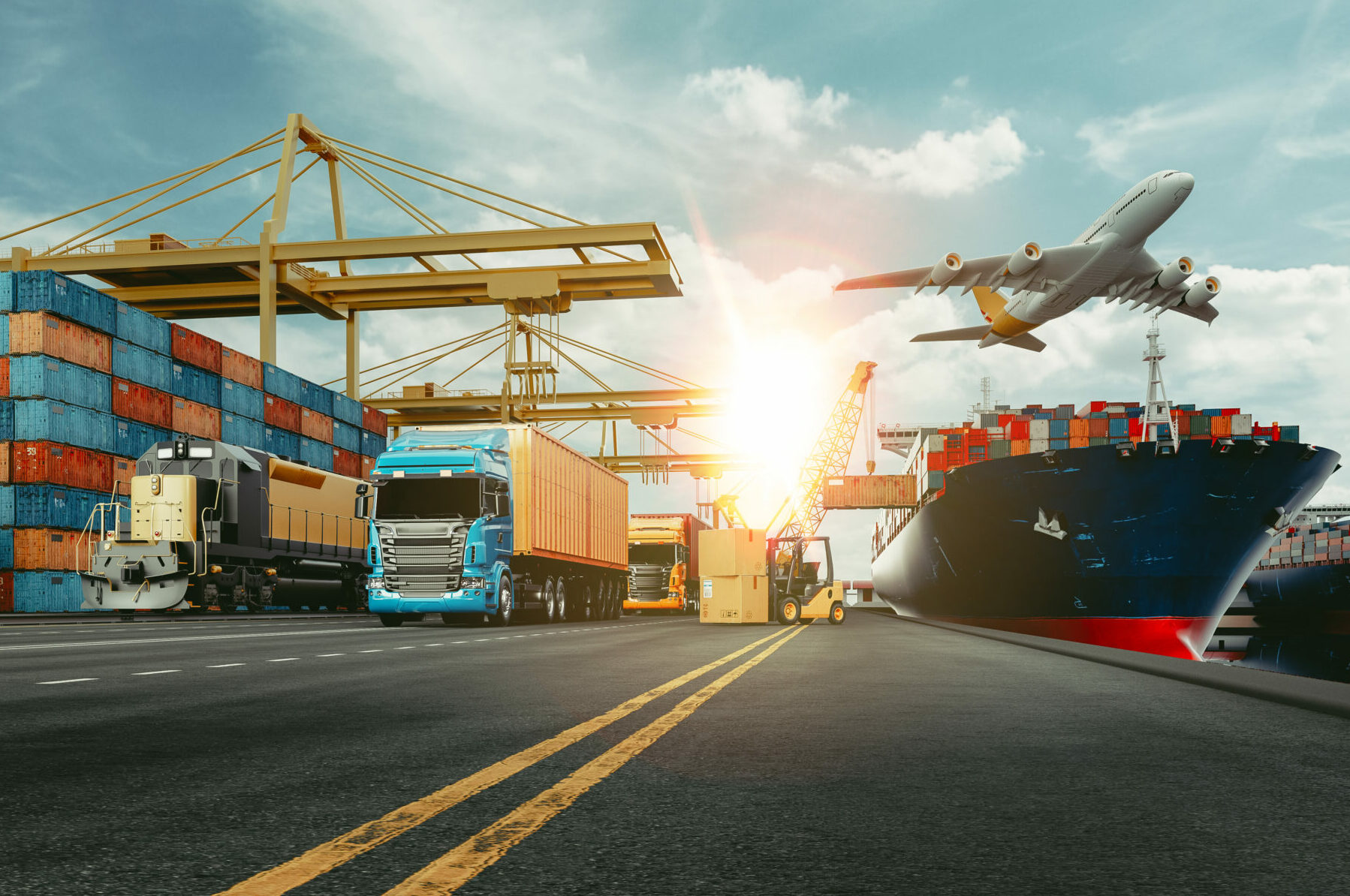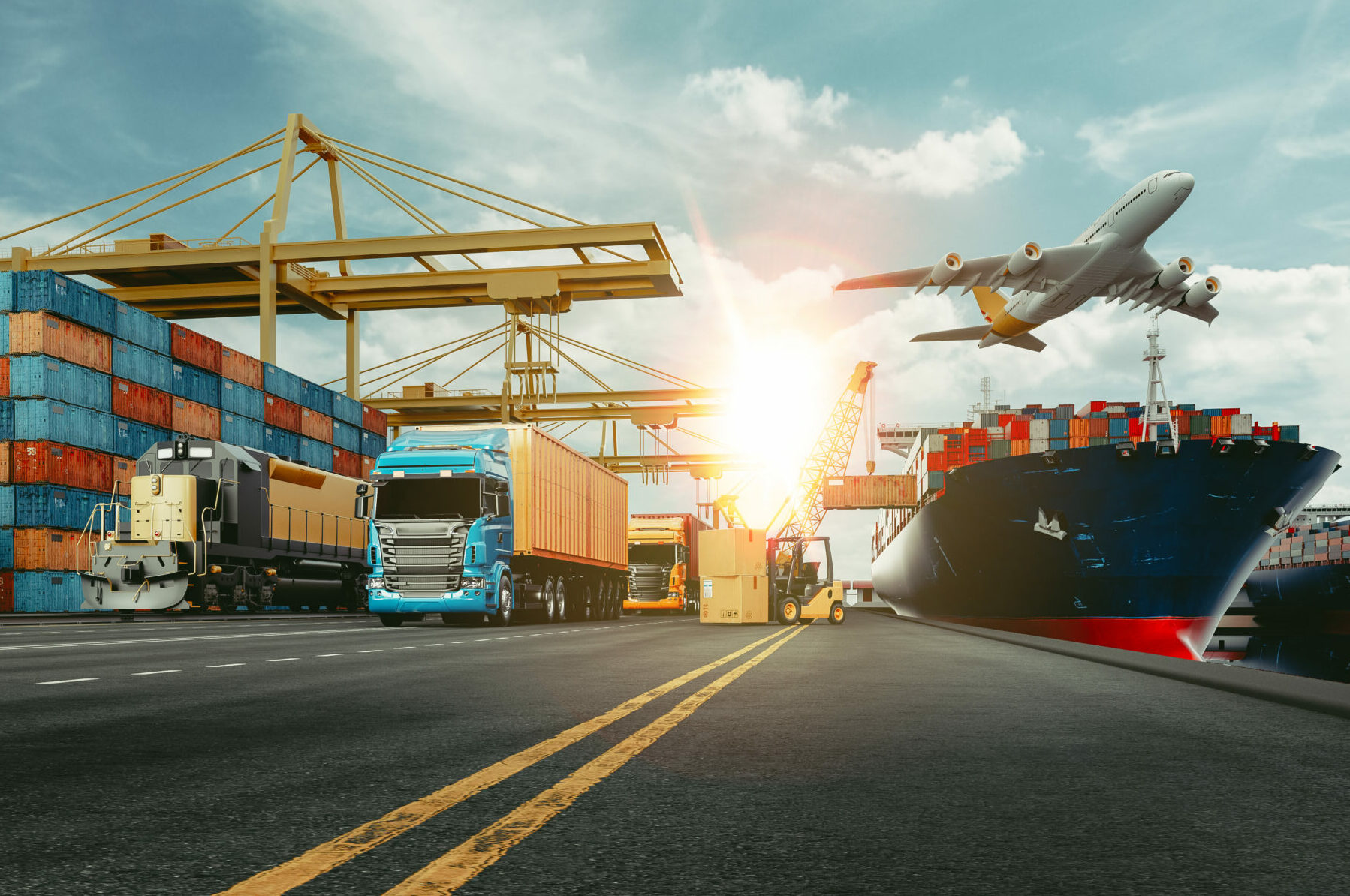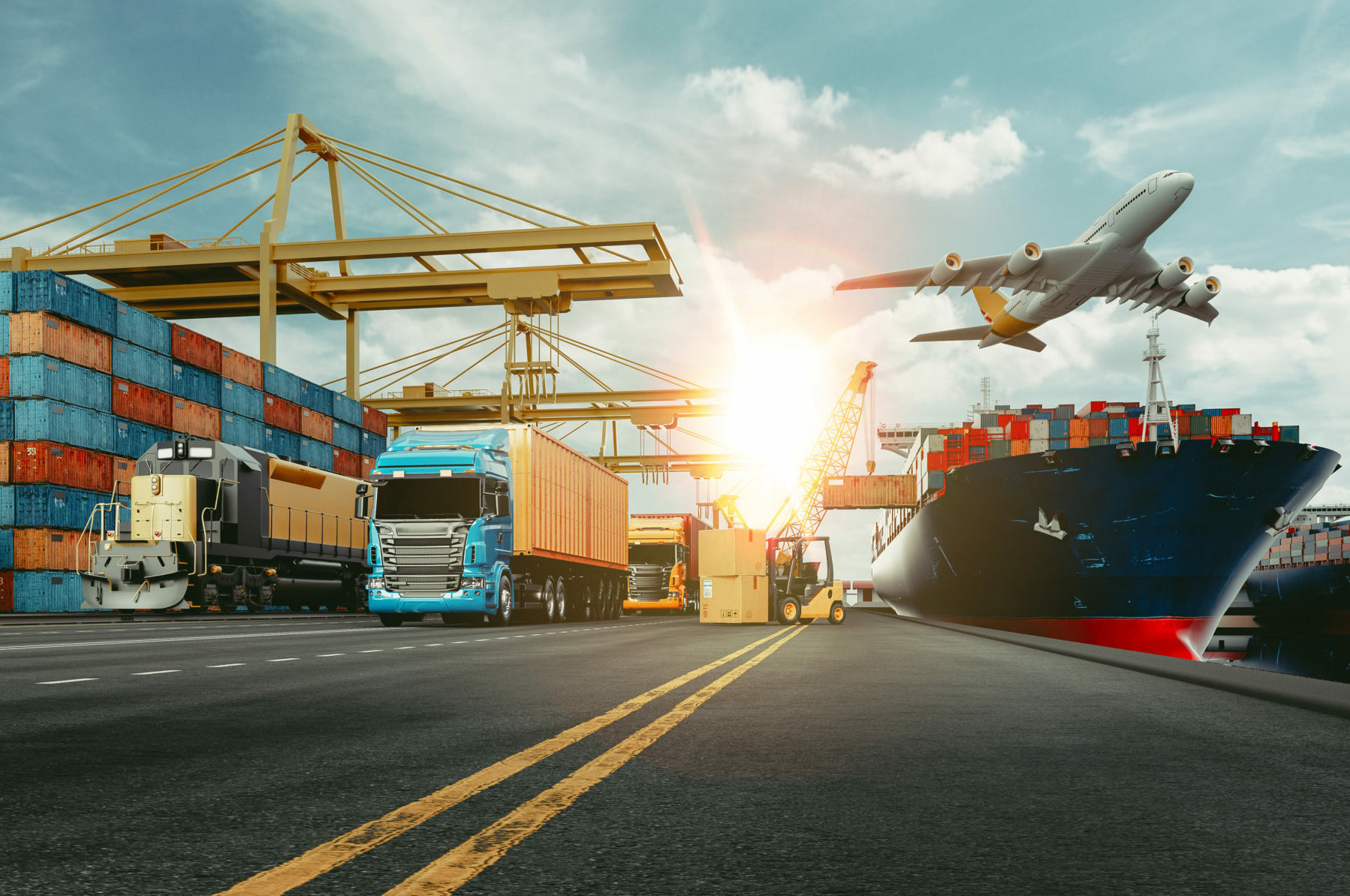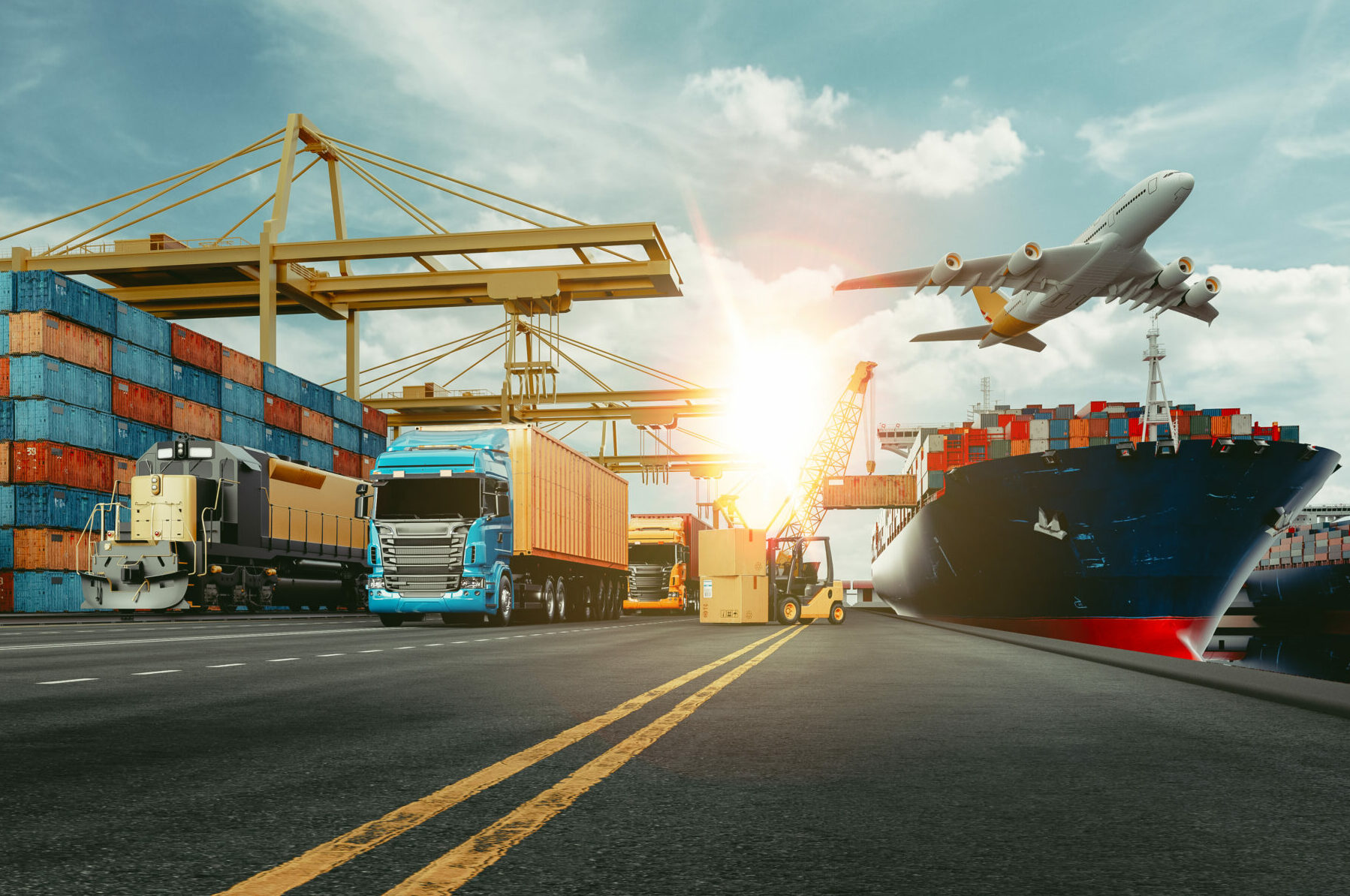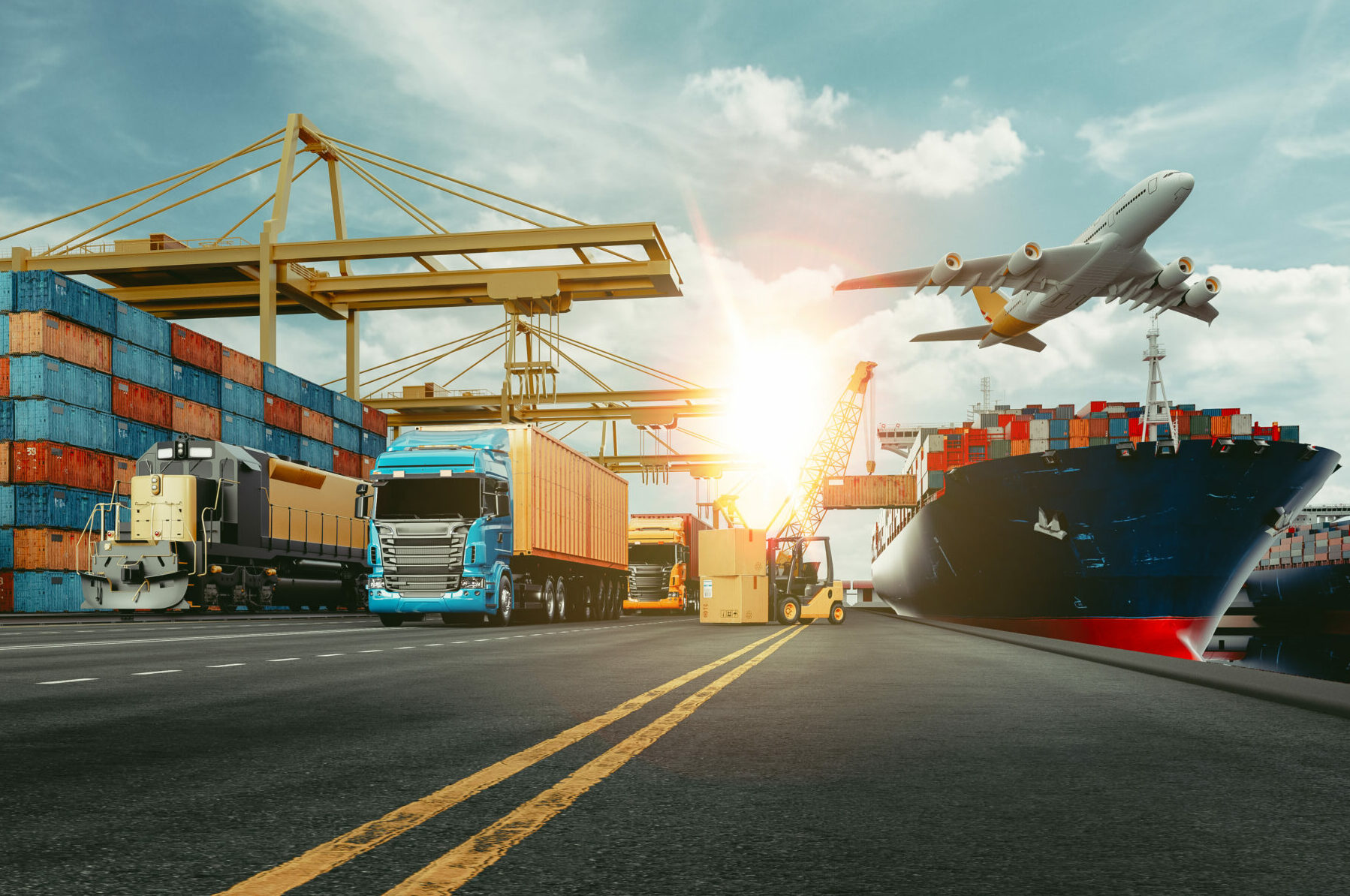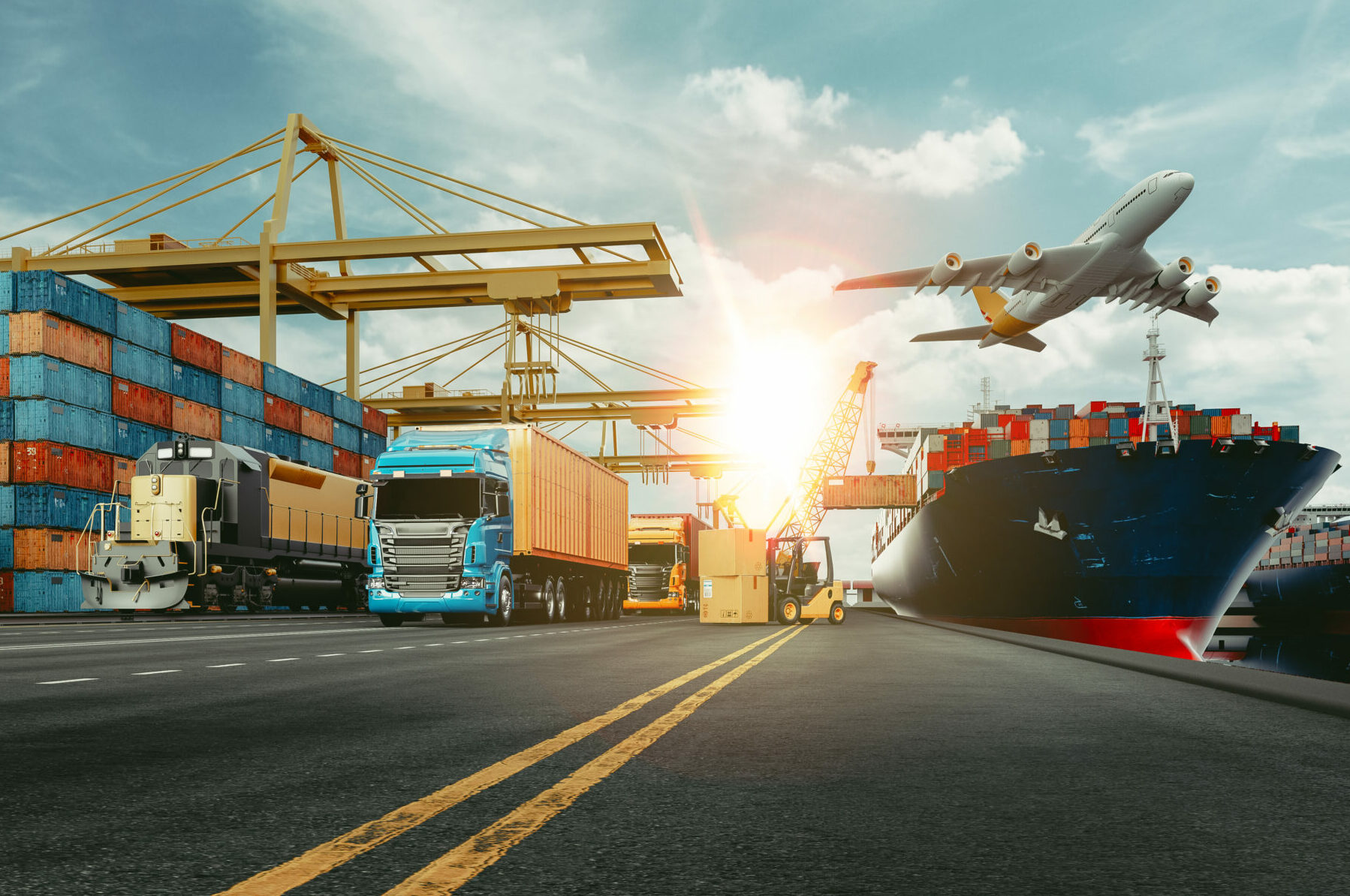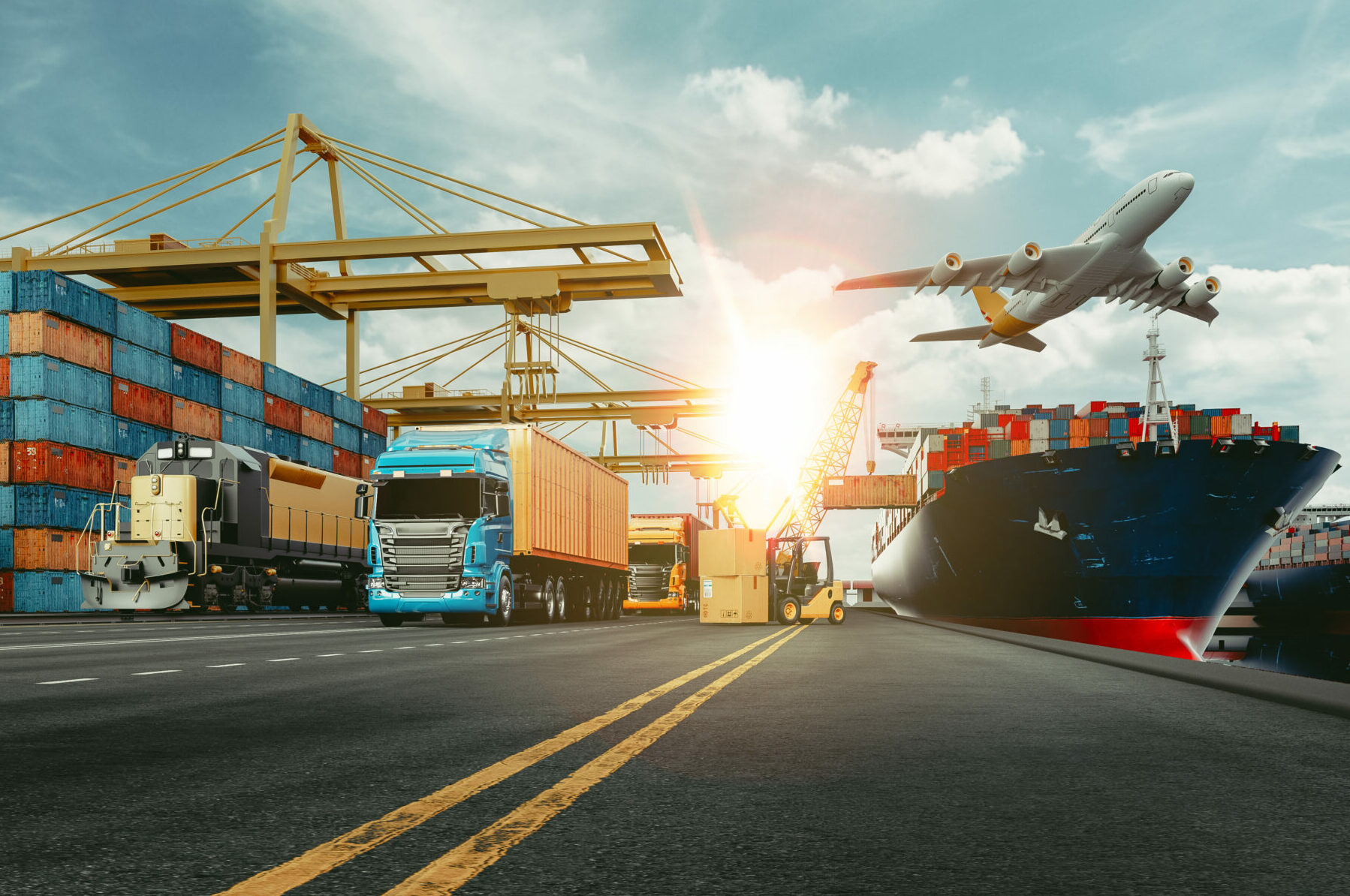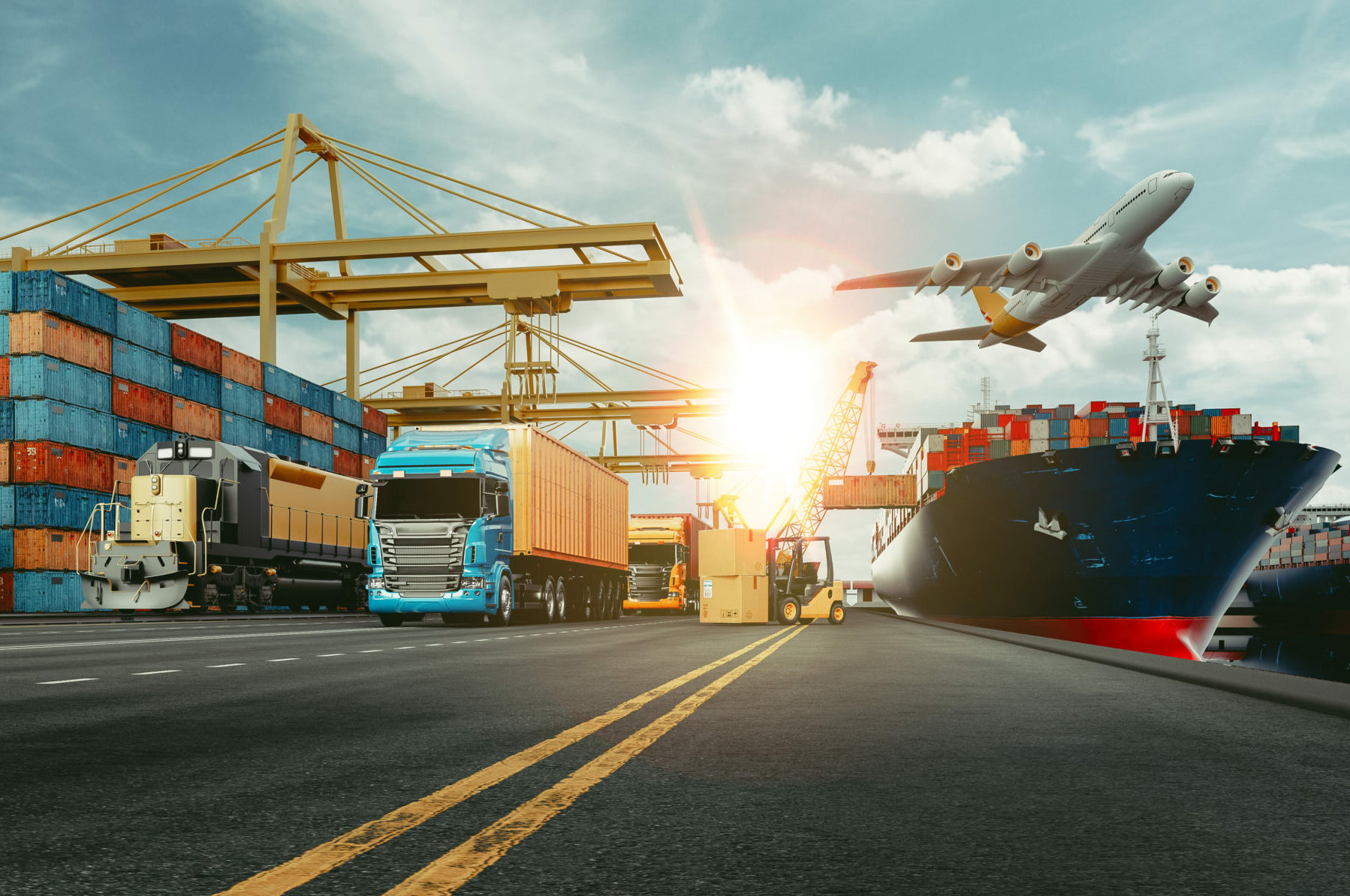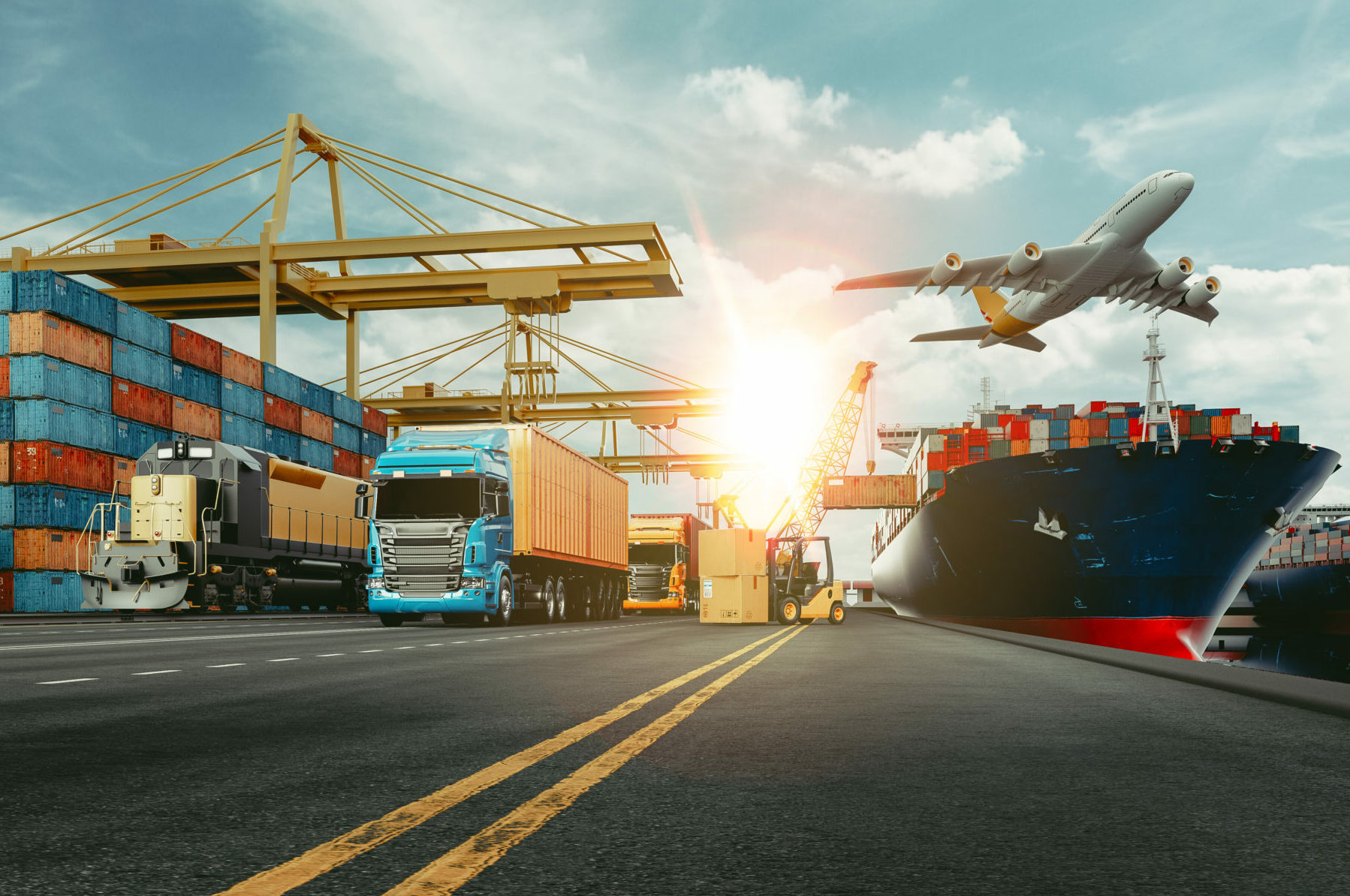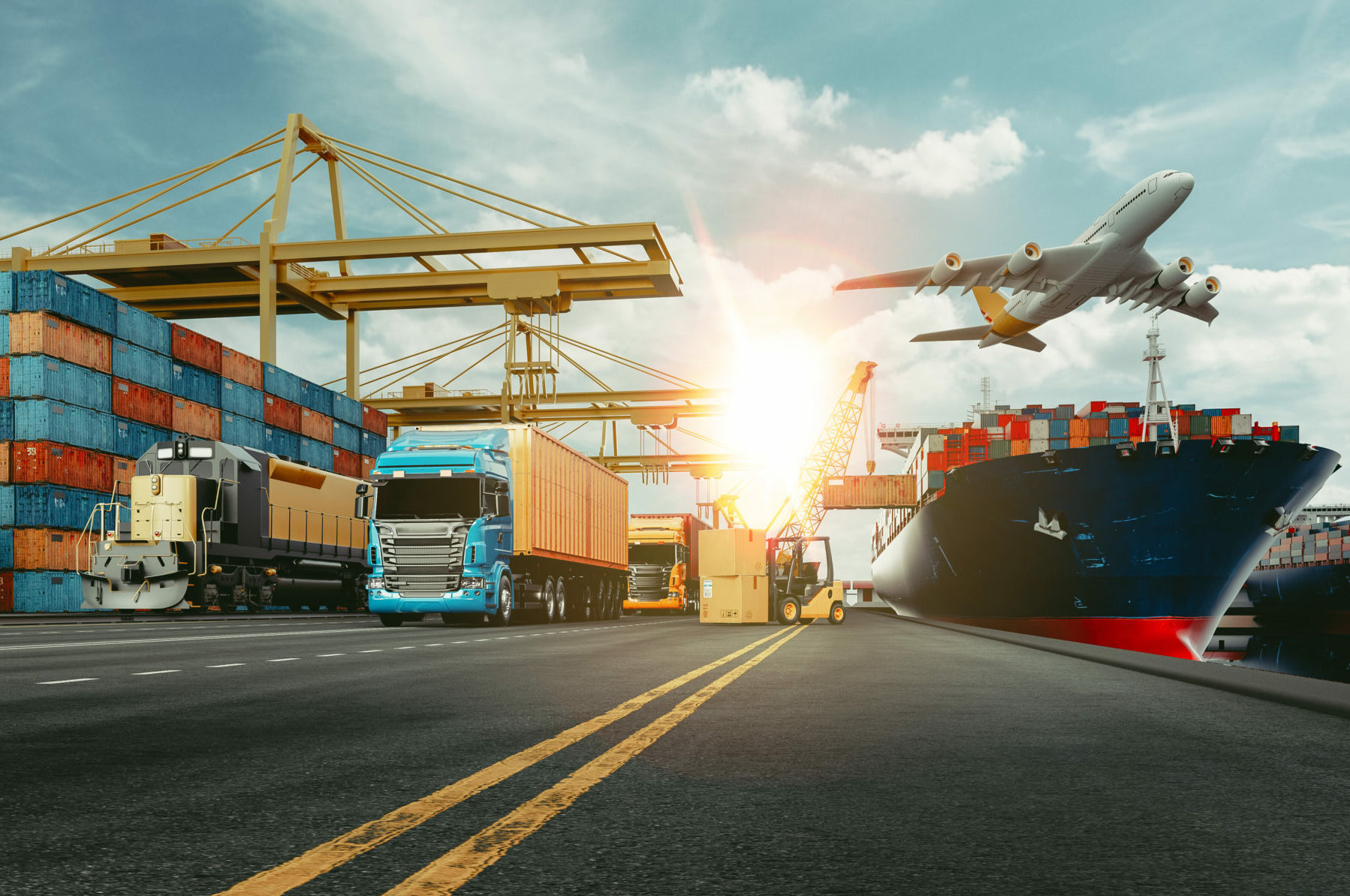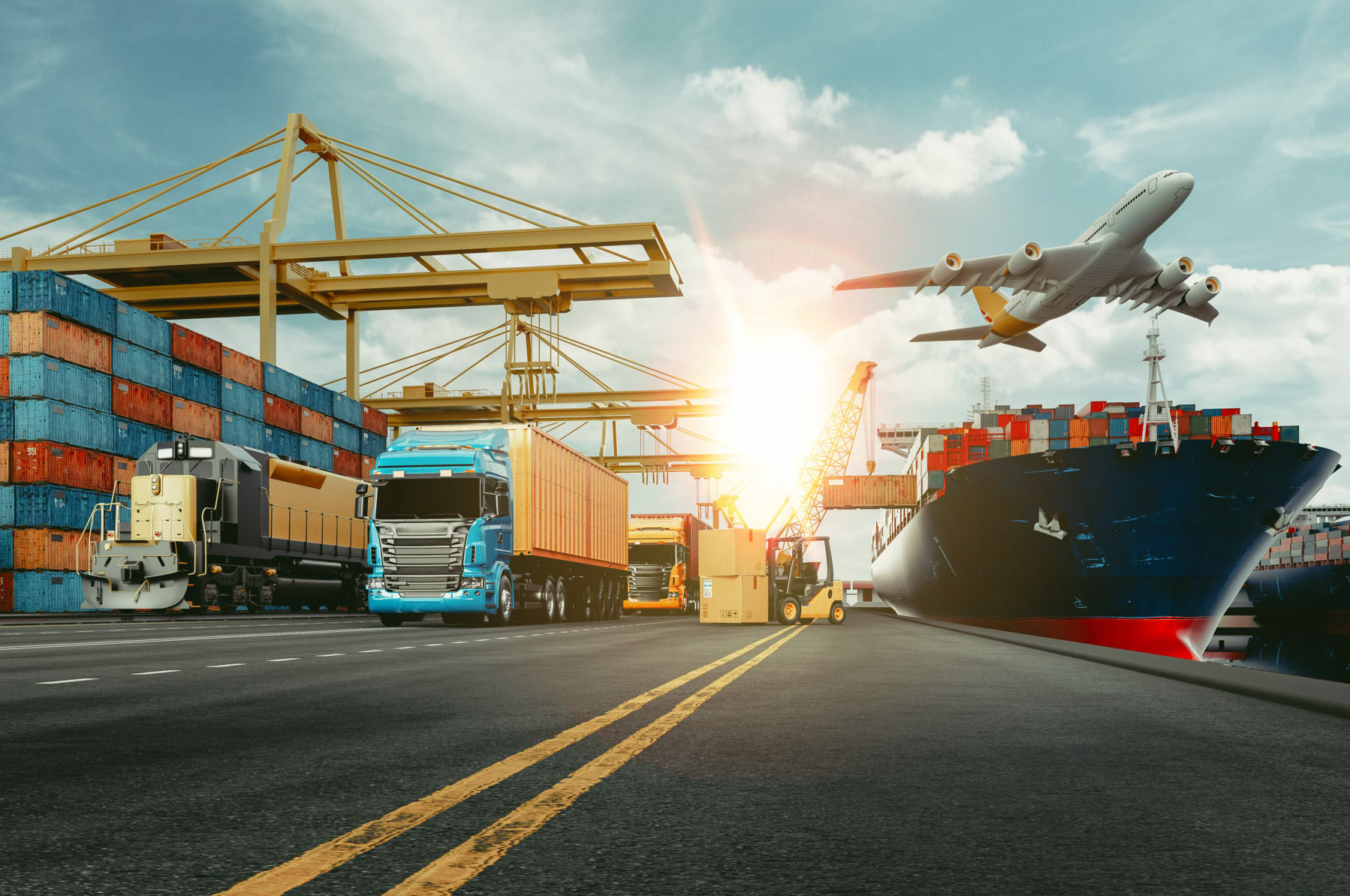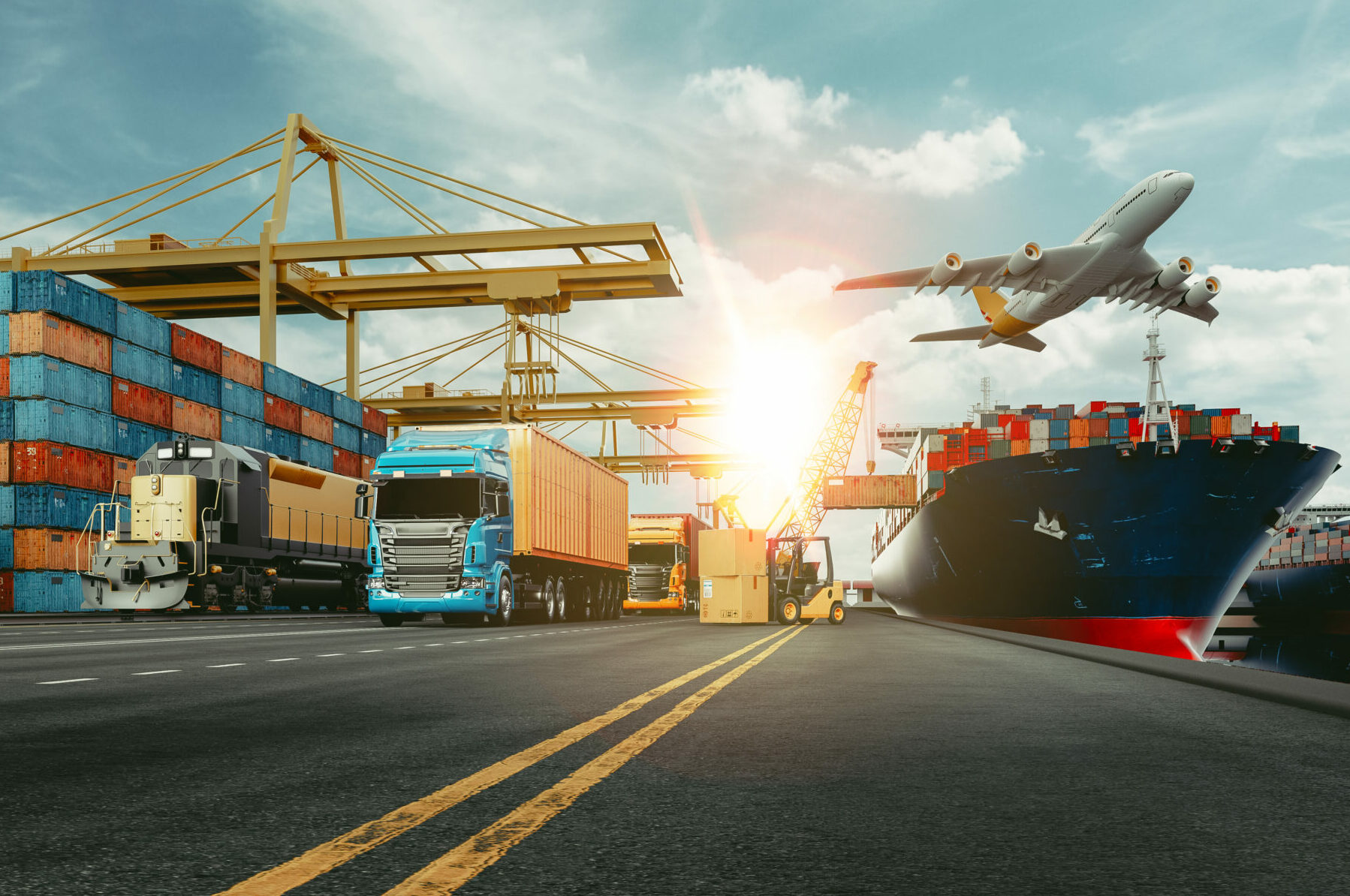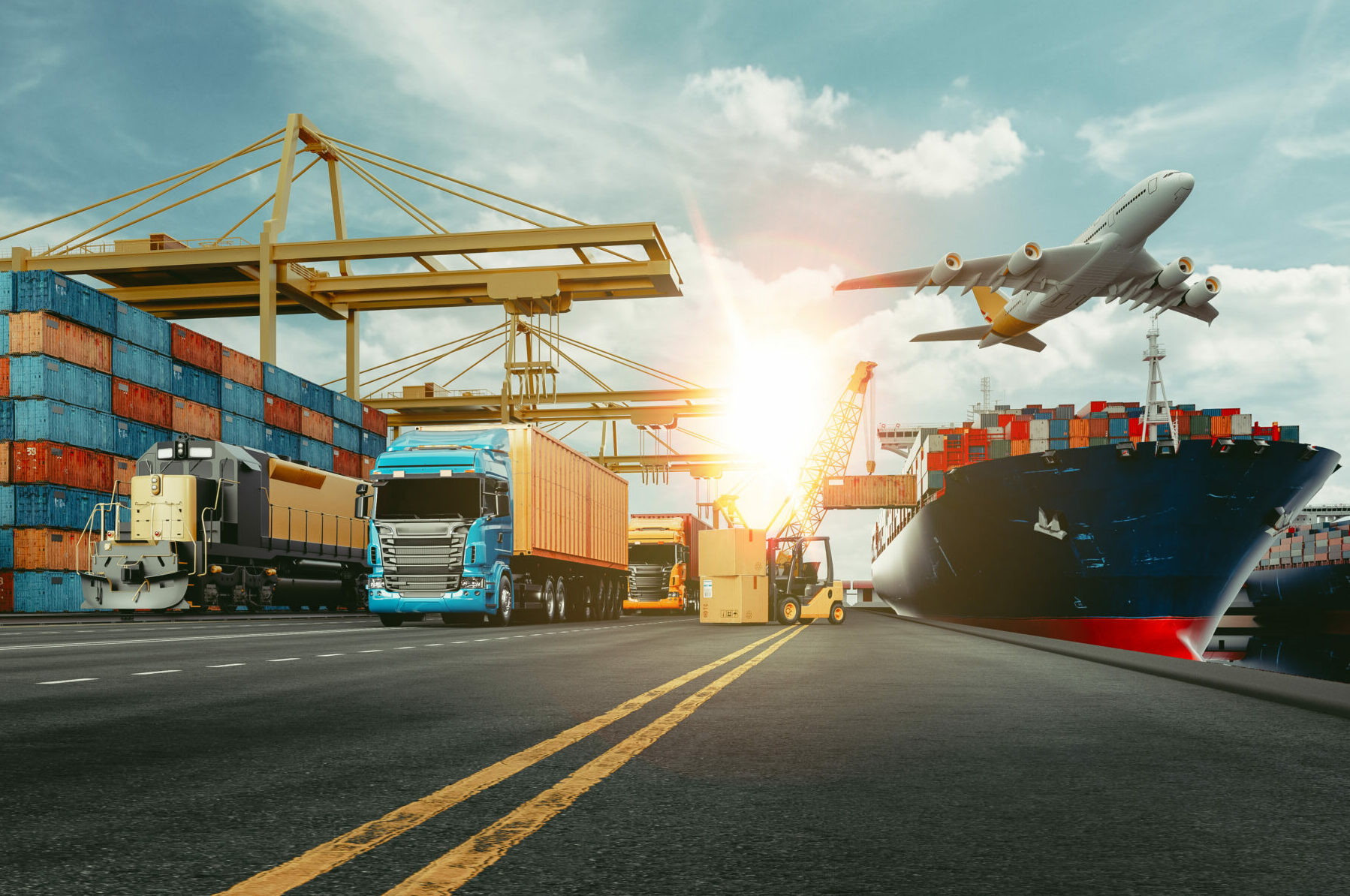The cargo forwarding industry handles billions of pounds worth of goods annually, with high-value cargo presenting unique risks and challenge…
Deep Sea International Routes Freight Insurance: Complete Guide for UK Businesses
International trade relies heavily on maritime transport, with approximately 90% of global goods moving by sea. For UK businesses engaged in import and export activities, understanding deep sea international routes freight insurance is essential to protecting valuable cargo as it traverses the world's oceans. Whether your goods are travelling from Southampton to Singapore, Felixstowe to Shanghai, or Liverpool to New York, comprehensive marine cargo insurance provides the financial safety net your business needs against the unique perils of ocean transport.
Deep sea freight insurance differs significantly from other forms of cargo cover due to the extended transit times, multiple handling points, exposure to severe weather conditions, and the complex international legal frameworks governing maritime trade. This guide examines the critical aspects of freight insurance for international ocean routes, helping UK businesses make informed decisions about protecting their goods in transit.
Understanding Deep Sea Freight Insurance
Deep sea freight insurance, also known as marine cargo insurance, provides financial protection for goods transported via ocean-going vessels on international routes. Unlike short-sea or coastal shipping, deep sea routes involve longer voyages across major oceans, exposing cargo to a wider range of risks over extended periods.
What Constitutes Deep Sea Routes
Deep sea international routes typically include:
- Trans-Atlantic routes connecting Europe with North and South America
- Trans-Pacific routes linking Asia with the Americas
- Europe-Asia routes via the Suez Canal or around the Cape of Good Hope
- Routes to and from Australasia crossing the Indian and Pacific Oceans
- North-South routes connecting developed and emerging markets
- Round-the-world services operated by major shipping alliances
Why Standard Business Insurance Is Insufficient
Standard commercial insurance policies typically exclude or provide limited coverage for goods in international transit. The unique maritime environment, international jurisdictions, and specific perils of ocean transport require specialist marine cargo insurance designed to address these challenges comprehensively.
Key Risks on Deep Sea International Routes
Ocean freight faces distinctive risks that make comprehensive insurance coverage essential:
Weather and Sea Conditions
Severe weather represents one of the most significant threats to cargo at sea. Tropical cyclones, hurricanes, typhoons, and severe storms can cause vessel damage, cargo shifting, water ingress, and in extreme cases, total loss. Even in moderate conditions, heavy seas can cause container damage, lashing failures, and cargo movement within holds.
Vessel-Related Incidents
Mechanical failures, engine breakdowns, steering problems, and structural issues can leave vessels stranded or require emergency port calls. Fire onboard vessels poses particular danger in confined spaces with limited firefighting resources. Collisions with other vessels or fixed objects, though relatively rare, can result in catastrophic losses.
Handling and Stowage Issues
Cargo damage frequently occurs during loading and discharge operations at ports. Improper stowage, inadequate securing, incompatible cargo placement, and rough handling by stevedores can all result in damage claims. Container ships may carry thousands of containers stacked high above deck, where securing failures can lead to containers lost overboard.
Piracy and Security Threats
Certain international routes pass through high-risk areas where piracy remains a concern. The Gulf of Aden, waters off Somalia, the Gulf of Guinea, and parts of Southeast Asia have historically experienced piracy incidents. Modern piracy can involve cargo theft, vessel hijacking, and crew kidnapping.
Port Congestion and Delays
Extended delays at congested ports increase exposure time and can affect perishable goods. Cargo may deteriorate during prolonged waiting periods, and additional handling increases damage risk. Delays can also result in missed connections for onward transport.
Political and Regulatory Risks
International shipping involves navigating diverse political environments. Port closures due to political unrest, changes in import/export regulations, sanctions, customs seizures, and war risks all pose potential threats to cargo security and delivery.
Types of Deep Sea Freight Insurance Coverage
Institute Cargo Clauses
Marine cargo insurance in the UK and internationally typically follows the Institute Cargo Clauses established by the London insurance market. These standardized terms provide three main levels of coverage:
Institute Cargo Clauses (A) - All Risks
The most comprehensive coverage available, ICC(A) covers all risks of physical loss or damage from any external cause, subject only to specific exclusions. This "all risks" approach means that unless a risk is specifically excluded, it is covered. This provides the broadest protection for high-value or vulnerable cargo.
Institute Cargo Clauses (B) - Named Perils
ICC(B) provides intermediate coverage for a specified list of perils including fire, explosion, vessel stranding or sinking, overturning of transport vehicles, collision, discharge at a port of distress, earthquake, and general average sacrifice. This option suits cargo with moderate risk profiles.
Institute Cargo Clauses (C) - Basic Named Perils
ICC(C) offers the most basic coverage, protecting against major casualties such as fire, explosion, vessel stranding, sinking, capsizing, collision, and general average sacrifice. This minimal coverage typically suits low-value, non-vulnerable cargo or when cost minimization is paramount.
War and Strikes Coverage
Standard marine cargo policies exclude war, strikes, riots, and civil commotion. Separate Institute War Clauses and Institute Strikes Clauses provide coverage for these political and labor-related risks. For routes through conflict zones or politically unstable regions, this additional coverage becomes essential.
General Average Coverage
General average is a fundamental principle of maritime law where all parties in a sea venture proportionally share losses resulting from voluntary sacrifice of part of the ship or cargo to save the whole. Marine cargo insurance includes general average coverage, protecting shippers from unexpected contribution demands following maritime incidents.
Policy Considerations for International Ocean Freight
Valuation and Sum Insured
Proper valuation is critical for adequate protection. Marine cargo insurance typically covers the CIF (Cost, Insurance, Freight) value plus 10%, providing coverage for the invoice value, freight charges, insurance premium, and a margin for profit. Under-insurance can result in average clauses being applied, reducing claim settlements proportionally.
Territorial Scope
Policies should clearly define the geographical scope of coverage. For deep sea routes, this typically includes coverage from warehouse to warehouse, encompassing inland transport to the port of loading, ocean transit, and delivery to the final destination. Ensure your policy covers all legs of the journey, including any transhipment points.
Duration of Coverage
Marine cargo policies typically provide coverage for a specified transit period, often 60 days from loading. For deep sea routes with potential delays, extended transit clauses may be necessary to maintain coverage throughout the journey.
Deductibles and Excesses
Most marine cargo policies include deductibles that represent the initial amount of each claim you must bear. Higher deductibles reduce premium costs but increase your financial exposure for smaller claims. Balance deductible levels against your risk tolerance and claims history.
Exclusions and Limitations
Understanding policy exclusions is essential. Common exclusions include inherent vice (natural deterioration of goods), insufficient packaging, delay (consequential losses from late delivery), insolvency of carriers, and ordinary wear and tear. Review exclusions carefully and consider whether additional coverage is needed.
The Claims Process for Deep Sea Freight Damage
Immediate Actions Following Damage Discovery
When cargo damage is discovered, immediate action is essential. Document the damage thoroughly with photographs and detailed descriptions. Notify your insurance broker or insurer immediately, typically within 24-48 hours. Preserve damaged goods and packaging for inspection. Obtain delivery receipts noting any visible damage. Request a survey by an independent marine surveyor if damage is substantial.
Documentation Requirements
Successful claims require comprehensive documentation including the original policy or certificate of insurance, commercial invoice, bill of lading or sea waybill, packing list, survey reports, correspondence with carriers, repair estimates or invoices, and any other relevant documents establishing the loss and its value.
Survey and Assessment
For significant claims, insurers typically appoint marine surveyors to inspect damaged cargo, investigate the cause of loss, assess the extent of damage, and determine whether the loss falls within policy coverage. Cooperate fully with surveyors and provide all requested information promptly.
Subrogation and Recovery
After settling your claim, insurers may pursue recovery from responsible third parties through subrogation rights. This might involve claims against carriers, stevedores, or other parties whose negligence contributed to the loss. Your cooperation in providing information and documentation for subrogation actions is typically a policy requirement.
Timeframes and Settlement
Claims settlement timeframes vary depending on complexity, but straightforward claims with complete documentation can often be settled within weeks. Complex claims involving surveys, liability disputes, or general average may take months to resolve. Maintain regular communication with your insurer throughout the process.
Factors Affecting Deep Sea Freight Insurance Costs
Commodity Type and Value
High-value goods, fragile items, perishables, and theft-attractive cargo command higher premiums due to increased risk. Bulk commodities with low damage susceptibility typically attract lower rates.
Route and Destination
Routes through piracy-prone waters, politically unstable regions, or areas with inadequate port infrastructure carry higher premiums. Well-established routes with modern port facilities and stable political environments offer lower rates.
Packaging and Containerization
Proper packaging and containerization significantly reduce risk and premiums. Goods shipped in sealed containers with appropriate internal securing typically receive better rates than break-bulk cargo.
Claims History
Your claims history directly impacts premium costs. Frequent claims or large losses result in higher premiums, while clean claims records can secure discounts and preferential terms.
Coverage Level and Deductibles
Comprehensive ICC(A) coverage costs more than basic ICC(C) coverage. Higher deductibles reduce premiums but increase your financial exposure for each claim.
Volume and Frequency
Regular shippers with substantial volumes can negotiate better rates through open cover policies that provide automatic coverage for all shipments within agreed parameters.
Best Practices for Managing Deep Sea Freight Insurance
Work with Specialist Marine Insurance Brokers
Marine cargo insurance is highly specialized. Working with brokers experienced in international freight insurance ensures you receive appropriate coverage, competitive terms, and expert claims support.
Implement Risk Management Measures
Reduce risk through proper packaging, appropriate container selection, verified carrier selection, cargo tracking systems, and compliance with international shipping regulations. Risk reduction measures can lower premiums and reduce claims.
Understand Incoterms and Insurance Obligations
International trade terms (Incoterms) define when risk transfers between buyer and seller. Understand your insurance obligations under the agreed Incoterms. Under CIF terms, sellers must provide insurance; under FOB terms, buyers typically arrange coverage.
Maintain Accurate Records
Keep detailed records of all shipments, including invoices, packing lists, bills of lading, and insurance certificates. Accurate documentation facilitates claims processing and helps identify patterns that might indicate systemic issues.
Review Coverage Regularly
As your business evolves, your insurance needs change. Regularly review your marine cargo insurance with your broker to ensure coverage remains adequate for your current trading patterns, commodity types, and route selections.
Consider Open Cover Policies
For regular shippers, open cover policies provide automatic coverage for all shipments within agreed parameters, eliminating the need to arrange individual certificates for each shipment. This simplifies administration and can provide cost savings.
Regulatory and Legal Considerations
International Conventions
Deep sea freight operates under various international conventions including the Hague-Visby Rules, Hamburg Rules, or Rotterdam Rules, depending on the jurisdiction. These conventions limit carrier liability, making comprehensive cargo insurance essential to bridge the gap between actual losses and carrier compensation limits.
Carrier Liability Limitations
Ocean carriers' liability is typically limited to approximately £500-£800 per package or shipping unit under international conventions. This limitation is usually far below the actual value of goods, making cargo insurance necessary to cover the difference.
Customs and Trade Compliance
Ensure your insurance documentation meets customs requirements in origin and destination countries. Some jurisdictions require specific insurance certificates or minimum coverage levels for customs clearance.
Choosing the Right Insurance Provider
Financial Strength and Reputation
Select insurers with strong financial ratings from agencies like A.M. Best, Standard & Poor's, or Moody's. Financial stability ensures your insurer can pay claims even after major maritime casualties.
International Network and Claims Handling
For deep sea freight, insurers with international networks and local claims representatives in key ports worldwide provide faster, more efficient claims service. This global presence is particularly valuable when dealing with losses in foreign jurisdictions.
Specialist Marine Expertise
Choose insurers and brokers with demonstrated expertise in marine cargo insurance. Specialist knowledge ensures appropriate coverage, competitive terms, and understanding of the unique challenges of ocean freight.
Policy Flexibility
Your insurance should adapt to your business needs. Look for providers offering flexible policy structures, the ability to adjust coverage for specific high-value shipments, and responsive service when your requirements change.
Conclusion
Deep sea international routes freight insurance is an essential component of risk management for UK businesses engaged in global trade. The unique perils of ocean transport, extended transit times, multiple handling points, and complex international legal frameworks make comprehensive marine cargo insurance indispensable for protecting your valuable goods as they traverse the world's oceans.
Understanding the different coverage levels available, from comprehensive ICC(A) all risks coverage to basic ICC(C) named perils protection, enables you to select appropriate coverage that balances protection needs against premium costs. The addition of war and strikes coverage for high-risk routes, proper valuation to avoid under-insurance, and warehouse-to-warehouse territorial scope ensures your cargo remains protected throughout its international journey.
The risks facing cargo on deep sea routes are substantial and varied, ranging from severe weather and vessel casualties to piracy, handling damage, and political instability. These perils can result in partial damage, total loss, or extended delays that affect your business operations and profitability. Comprehensive freight insurance provides the financial safety net that allows you to trade internationally with confidence, knowing that your investment in goods is protected against the unpredictable nature of ocean transport.
Effective management of deep sea freight insurance requires working with specialist marine insurance brokers who understand the complexities of international shipping and can negotiate appropriate coverage terms. Implementing robust risk management practices, maintaining accurate documentation, understanding your obligations under international trade terms, and regularly reviewing your coverage ensures your insurance remains aligned with your evolving business needs.
The claims process for marine cargo losses requires prompt action, thorough documentation, and cooperation with insurers and surveyors. Understanding what steps to take immediately following damage discovery, what documentation is required, and how the assessment and settlement process works helps ensure smooth claims resolution when losses occur.
As international trade continues to grow and UK businesses increasingly participate in global supply chains, the importance of proper deep sea freight insurance cannot be overstated. The relatively modest cost of comprehensive marine cargo insurance represents excellent value when compared to the potentially catastrophic financial impact of uninsured cargo losses on international ocean routes.
Whether you are an experienced importer or exporter or new to international trade, investing time in understanding deep sea freight insurance and working with experienced specialists ensures your goods are properly protected as they travel across the world's oceans. This protection provides not only financial security but also the peace of mind that allows you to focus on growing your international business with confidence.
Frequently Asked Questions
What is the difference between freight insurance and carrier liability?
Carrier liability is the limited legal responsibility ocean carriers have for cargo damage under international conventions, typically £500-£800 per package. Freight insurance provides comprehensive coverage for the full value of your goods, filling the substantial gap between carrier liability limits and actual cargo value.
Do I need insurance if I'm shipping on a CIF basis?
Under CIF (Cost, Insurance, Freight) terms, the seller is obligated to provide insurance. However, this insurance typically provides only minimum coverage (ICC(C) level). Buyers should consider arranging their own comprehensive coverage if the seller's insurance is insufficient for the cargo value or risk profile.
How long does deep sea freight insurance coverage last?
Standard marine cargo policies typically provide coverage for 60 days from the time goods are loaded onto the vessel. Coverage extends from warehouse to warehouse, including inland transport to the port of loading, ocean transit, and delivery to the final destination. Extended transit clauses can provide longer coverage periods if needed.
What is general average and why does it matter?
General average is a maritime law principle where all parties in a sea venture share losses from voluntary sacrifice made to save the vessel and cargo from peril. If the ship's captain jettisons cargo or incurs expenses to save the voyage, all cargo owners must contribute proportionally. Marine cargo insurance includes general average coverage, protecting you from unexpected contribution demands.
Are delays covered under deep sea freight insurance?
Standard marine cargo policies exclude losses caused by delay, even if the delay results from an insured peril. However, physical damage to goods that occurs during a delay may be covered if caused by an insured peril. Specialist delay coverage can sometimes be arranged for time-sensitive or perishable cargo.
What documentation do I need to make a claim?
Essential claim documentation includes your insurance policy or certificate, commercial invoice, bill of lading, packing list, delivery receipts noting damage, photographs of damage, survey reports, correspondence with carriers, and repair or replacement invoices. Comprehensive documentation facilitates faster claims settlement.
How much does deep sea freight insurance cost?
Premiums vary widely based on commodity type, value, route, packaging, claims history, and coverage level. As a general guide, rates might range from 0.1% to 2% of cargo value, though high-risk commodities or routes can command higher rates. Volume shippers can often negotiate preferential rates.
What is the difference between ICC(A), ICC(B), and ICC(C) coverage?
ICC(A) provides all risks coverage, protecting against all causes of loss except specific exclusions. ICC(B) covers a named list of perils including major casualties and some handling risks. ICC(C) provides basic coverage for major casualties only. ICC(A) offers the most comprehensive protection, while ICC(C) is the most economical but limited option.
Do I need separate war and strikes coverage?
Standard marine cargo policies exclude war, strikes, riots, and civil commotion. If your cargo transits through conflict zones, politically unstable regions, or areas with significant labor unrest, separate war and strikes coverage is essential. Your broker can advise on which routes require this additional protection.
What happens if my goods are damaged but the carrier denies liability?
If you have marine cargo insurance, you can claim directly from your insurer regardless of carrier liability. Your insurer will settle your claim according to policy terms and then pursue recovery from the carrier or other responsible parties through subrogation rights. This ensures you receive prompt compensation without waiting for liability disputes to resolve.
Can I insure cargo that is already in transit?
Generally, marine cargo insurance must be arranged before the voyage commences or at least before you become aware of any loss or damage. Some insurers may provide coverage for goods already in transit in exceptional circumstances, but this is not standard practice and may involve higher premiums or restricted coverage.
What is an open cover policy?
An open cover policy provides automatic insurance for all shipments within agreed parameters (routes, commodity types, values, etc.) without requiring individual certificates for each shipment. This simplifies administration for regular shippers, ensures continuous coverage, and can provide cost savings through volume discounts.
Are containers lost overboard covered?
Yes, containers lost overboard due to heavy weather, vessel incidents, or securing failures are typically covered under ICC(A) all risks policies and may be covered under ICC(B) depending on the specific cause. This coverage includes both the container and its contents, subject to policy terms and proper valuation.
What is inherent vice and why is it excluded?
Inherent vice refers to the natural characteristics of goods that cause them to deteriorate, such as perishable foods spoiling, metals corroding, or liquids evaporating. Insurance policies exclude inherent vice because it is not an external, fortuitous event but rather the natural behavior of the commodity. Proper packaging and temperature control can minimize inherent vice issues.
How do I determine the correct insured value?
The insured value should typically be the CIF value (invoice cost plus freight and insurance charges) plus 10% to cover profit margin and incidental expenses. This ensures you can replace the goods and cover all associated costs in the event of total loss. Under-insurance can result in proportional claim reductions under average clauses.
What should I do if I discover damage upon delivery?
Immediately note the damage on the delivery receipt with specific details. Photograph the damage and packaging extensively. Preserve the damaged goods and packaging for inspection. Notify your insurance broker or insurer within 24-48 hours. Request a survey for substantial damage. Gather all relevant documentation including invoices, bills of lading, and packing lists.
Does insurance cover piracy incidents?
Piracy coverage depends on your policy terms and the specific circumstances. ICC(A) all risks policies typically cover piracy-related cargo losses. However, some policies may exclude piracy in certain high-risk areas or require additional war and strikes coverage for comprehensive protection in piracy-prone waters.
Can I cancel my marine cargo insurance policy?
Cancellation terms depend on your policy type. Single voyage policies typically cannot be cancelled once the voyage has commenced. Annual or open cover policies usually allow cancellation with appropriate notice, though you may be charged for the period of coverage provided and any shipments in transit.
What is the difference between named insured and loss payee?
The named insured is the party who owns the policy and has the right to make claims. The loss payee is the party (often a bank or financier) who has a financial interest in the cargo and will receive claim payments. Loss payee designations are common when goods are financed through letters of credit or other trade finance arrangements.
How does transhipment affect my insurance coverage?
Most marine cargo policies automatically cover transhipment (transfer from one vessel to another during the voyage) as part of warehouse-to-warehouse coverage. However, each additional handling point increases damage risk. Ensure your policy specifically covers transhipment and that all legs of the journey fall within the territorial scope of coverage.
What is sue and labor coverage?
Sue and labor is a policy provision that covers reasonable expenses you incur to prevent or minimize loss to insured cargo when a peril strikes. This might include costs for emergency repairs, transhipment to avoid further damage, or storage in a safe location. These expenses are covered in addition to the policy limit for the cargo itself.
Do I need insurance for goods shipped in my own containers?
Yes, marine cargo insurance is essential regardless of container ownership. While you may have separate insurance for the container itself, the goods inside require cargo insurance. Owned containers may provide better control over packaging and securing, potentially reducing premiums, but comprehensive cargo insurance remains necessary.
How long do I have to file a claim after discovering damage?
Notification timeframes vary by policy, but immediate notification (within 24-48 hours of damage discovery) is typically required. Formal claim submission deadlines may be longer, but prompt notification preserves your rights and allows insurers to investigate while evidence is fresh. Check your specific policy terms for exact timeframes.
Can I get coverage for second-hand or used goods?
Yes, marine cargo insurance covers both new and used goods. However, used goods may require special valuation considerations, and insurers may request additional information about condition, packaging, and value. Proper documentation of the goods' condition before shipment helps support claims if damage occurs.
What is the role of a marine surveyor in the claims process?
Marine surveyors are independent experts appointed by insurers to inspect damaged cargo, investigate the cause and extent of loss, assess whether the loss falls within policy coverage, determine the amount of loss, and recommend settlement amounts. Their reports provide technical expertise that informs claim decisions and helps resolve disputes.
Protect Your International Cargo with Specialist Deep Sea Freight Insurance
At Insure24, we specialize in providing comprehensive marine cargo insurance tailored to the unique needs of UK businesses engaged in international trade. Our experienced team understands the complexities of deep sea freight and can arrange appropriate coverage for your specific commodities, routes, and risk profile.
Whether you are shipping high-value electronics, perishable goods, industrial equipment, or bulk commodities across the world's oceans, we can provide competitive quotes and expert advice to ensure your cargo is properly protected from warehouse to warehouse.
Contact Insure24 today at 0330 127 2333 or visit www.insure24.co.uk to discuss your deep sea freight insurance requirements and receive a tailored quotation for your international shipments.


 0330 127 2333
0330 127 2333

